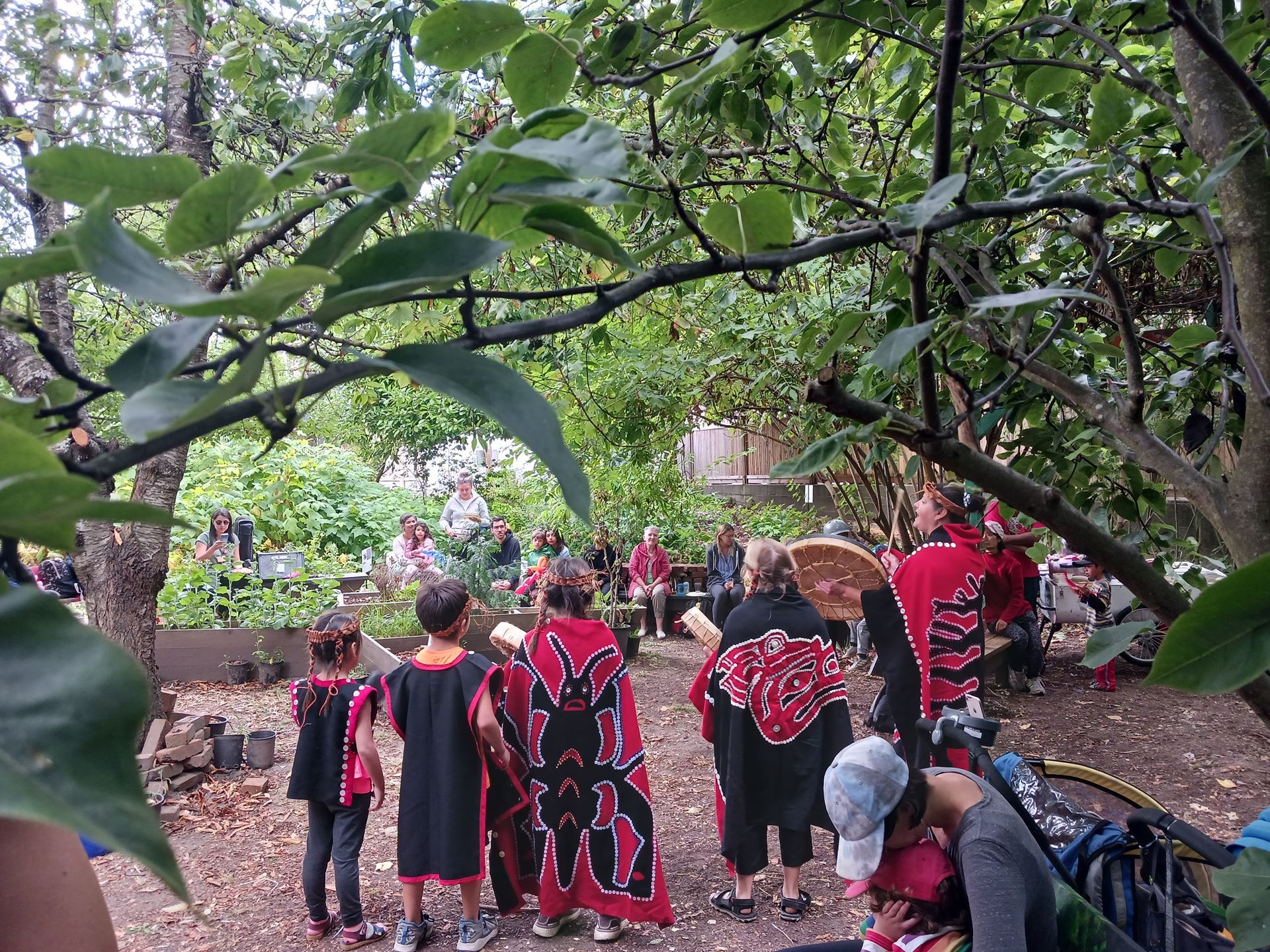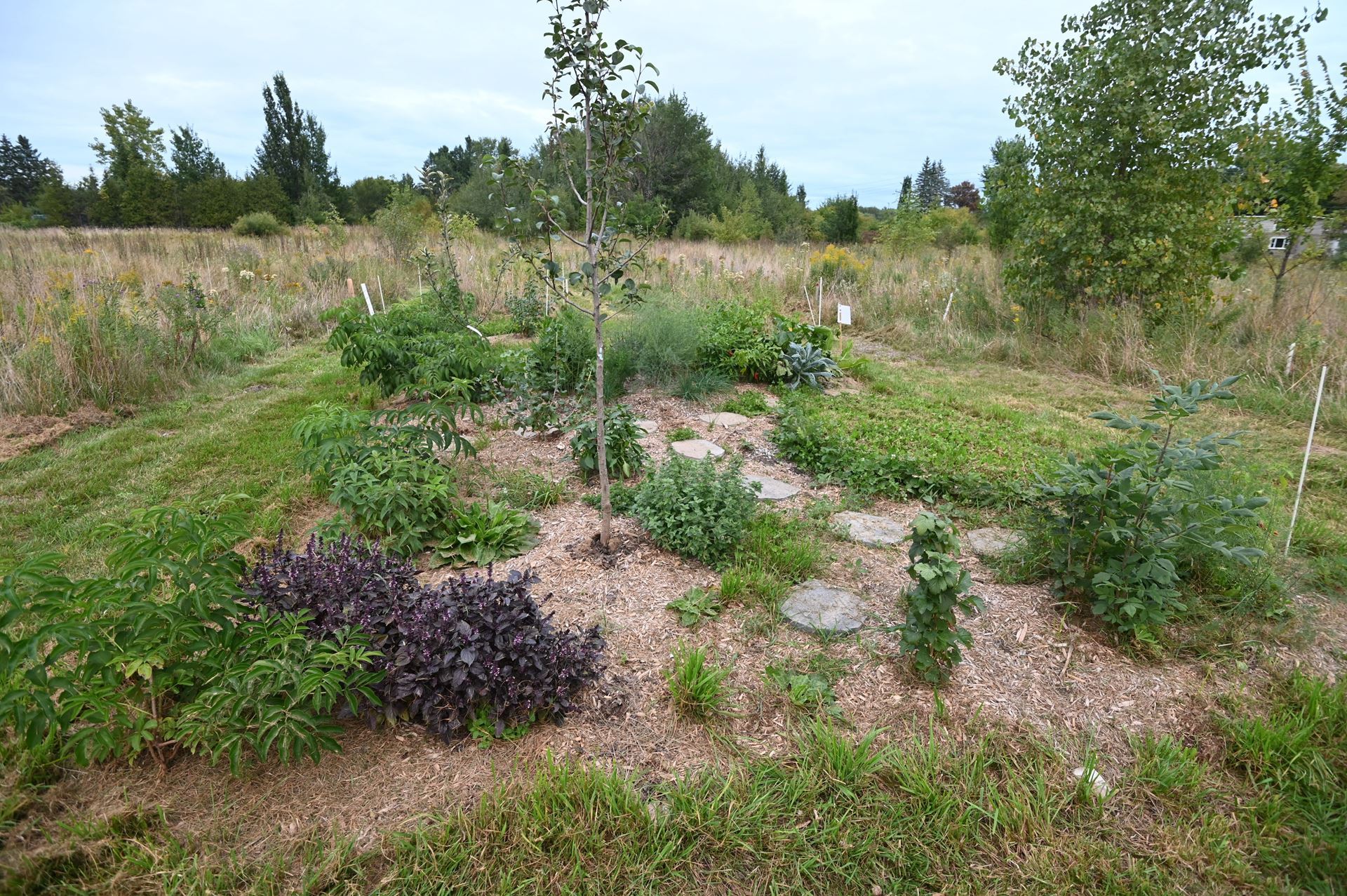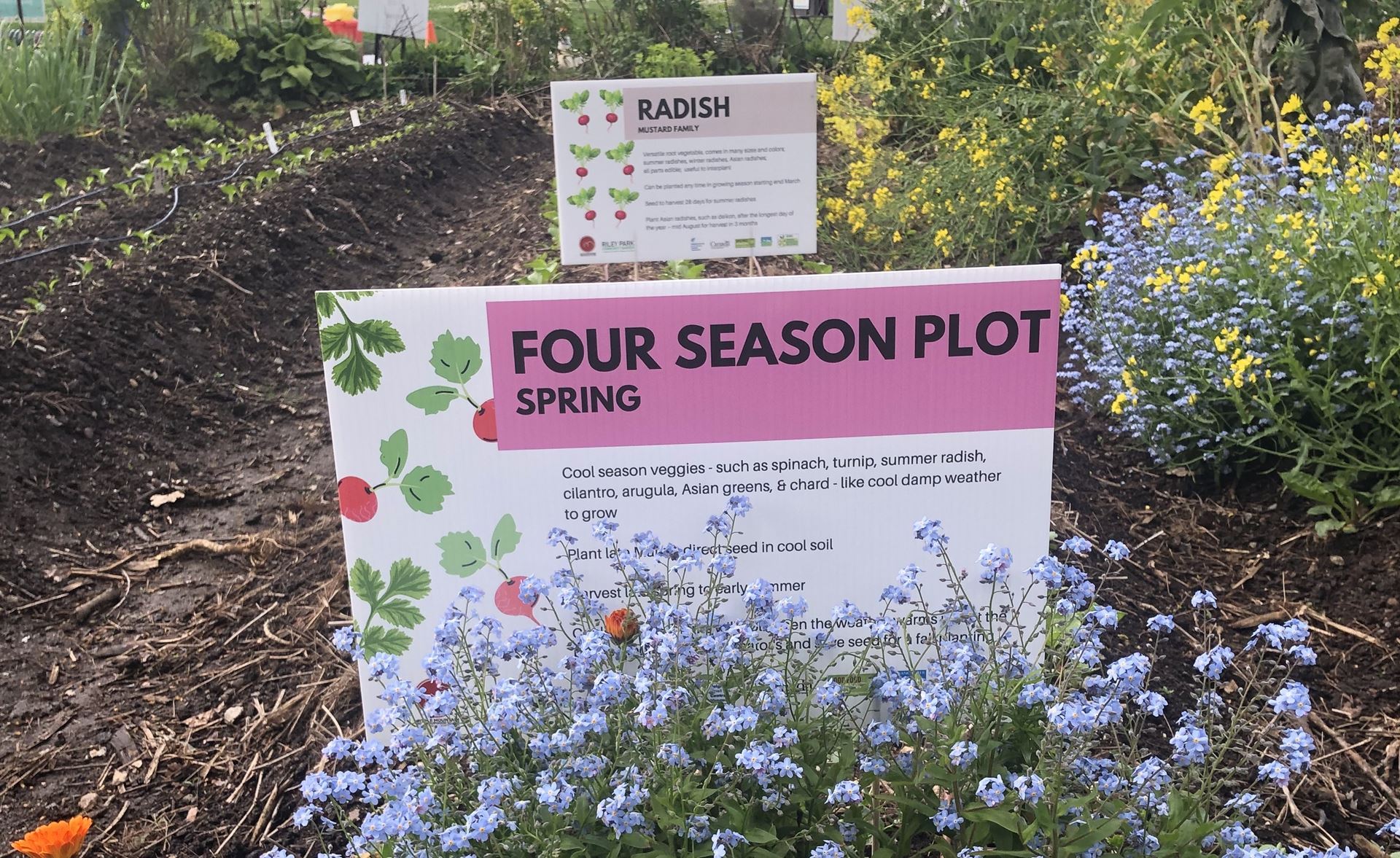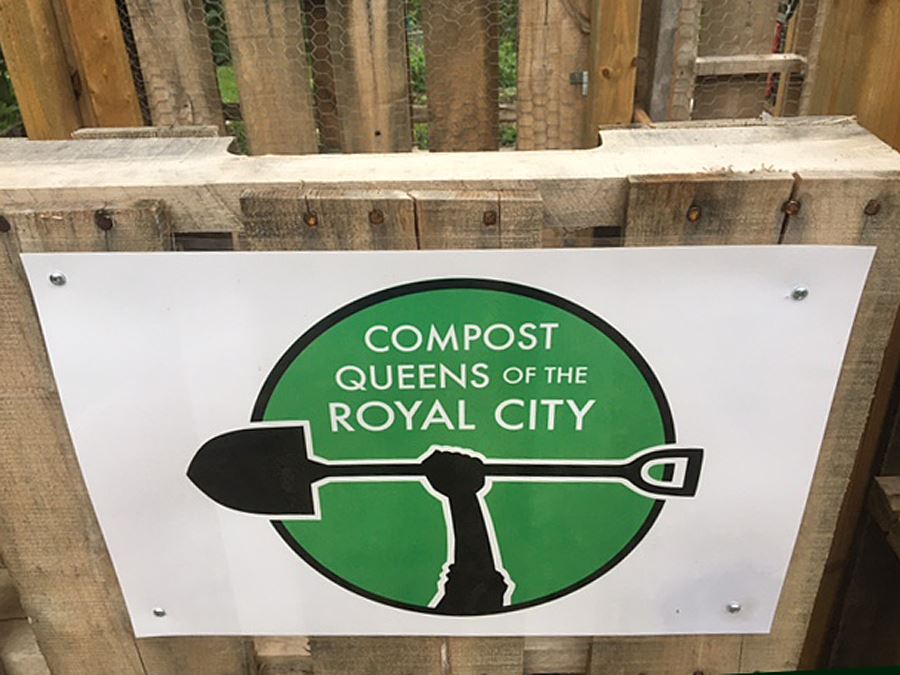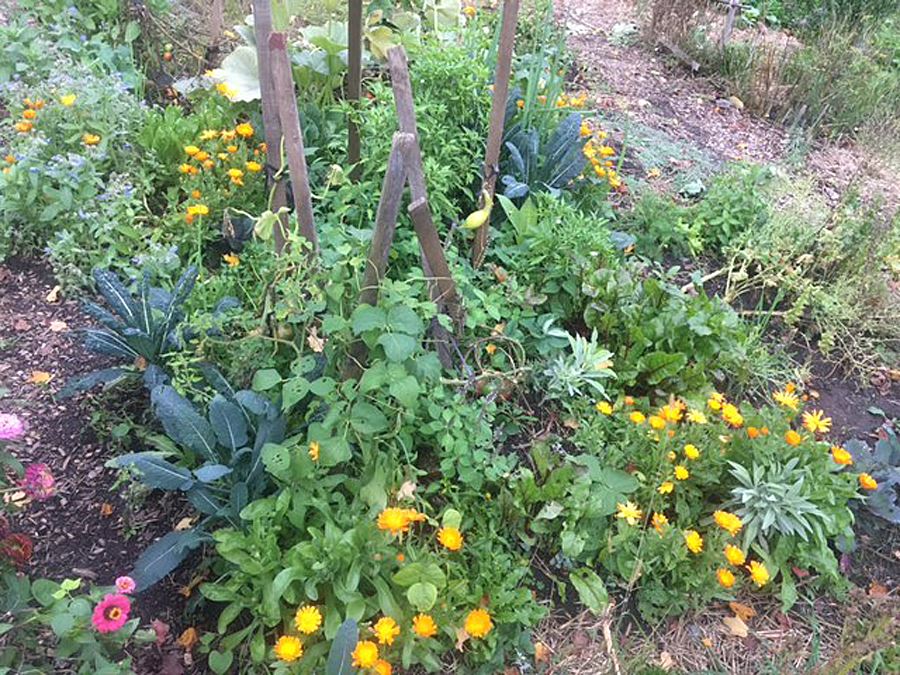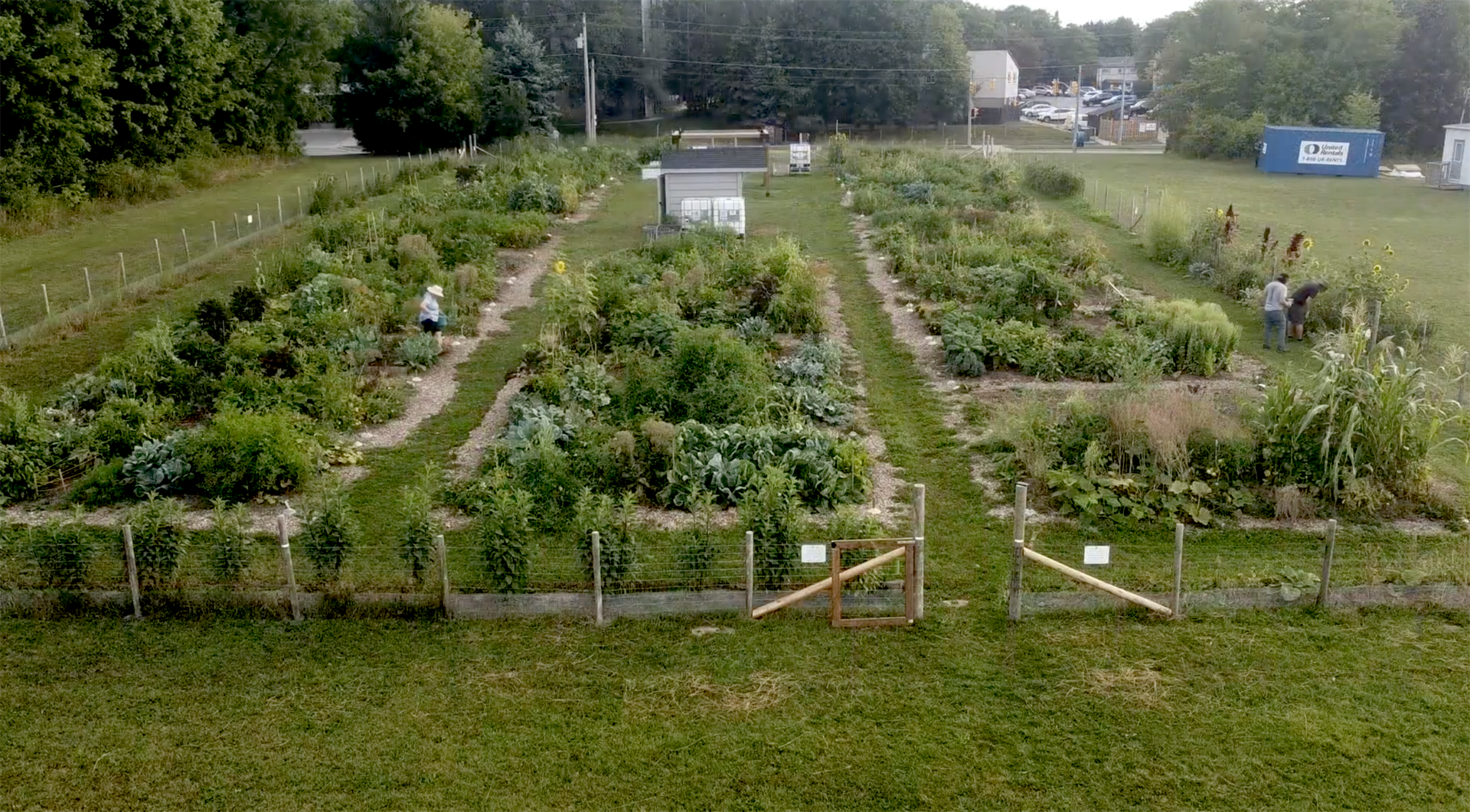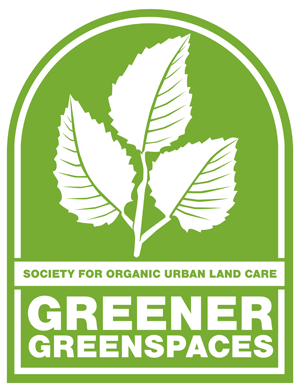 Recognizing Ecological Land Care of Urban Greenspaces
Recognizing Ecological Land Care of Urban Greenspaces
Greener Greenspaces is a recognition program for sites from across Canada that exemplify greener greenspace stewardship. The aim of the program is to share examples of ecologically-centred land care as a means to inspire others and to further the movement across Canada.
To be recognized as a Greener Greenspace, the site must be cared for using land care practices that:
- increase biodiversity and support plant health
- improve soil health and protect air and water quality
- take steps to minimize waste and energy consumption
- actively avoid the use of synthetic pesticides and fertilizers
See the full list of 2022 Greener Greenspace recipients below.
Update on the 2023 Program: SOUL is taking time to engage members on the future direction of the organization and therefore we have paused the submission period for this year's program. Stay tuned for more information about the Greener Greenspace program as we work to ensure the program is relevant and beneficial to our members.
2022 Greener Greenspace Sites
Click on a name to read the profile Pollinator and Habitat Gardens
|
|
Municipal and Ecological Projects
|
|
Community Gardens and Food Forests
|
|
Click on a Greenspace on the map or scroll down to find a short profile of each of these greenspaces.
Is there a greenspace in your community that you feel belongs on this map?
We’ll begin accepting submissions for the 2023 program starting in the summer and would love for the map to grow to include spaces in communities in every province and territory. If you’d like a reminder email when the 2023 program opens for submissions, please send us a note and we’ll add you to the mailing list.
2021 Recognition Recipients |
Pollinator and Habitat Gardens
|
Municipal and Ecological Projects
|
Community Gardens and Food Forests
|
| Adelaide Butterfly Garden is a publicly accessible garden within the boundaries of Boulevard Lake Park in Thunder Bay. The garden is part public park, part demonstration garden and part pollinator garden. The garden was the brainchild of a city employee named Dan Fulton, who died suddenly in 2021, but who inspired volunteers to see his dream come to fruition. A team of dedicated volunteers works to restore indigenous plants and maintain and expand the butterfly garden, raise awareness with the general public, and influence public bylaws to expand naturalized gardens in the city. |
Designed by Pollination Guelph, this multi-year project has created almost 9,000 sq. ft. of pollinator habitat on the grounds of Hospice Wellington. Volunteers from Pollination Guelph and Hospice Wellington tend the garden. The vast majority of plants on-site are native to Ontario to support a diverse, vibrant community of pollinators (native bees, butterflies, wasps, moths, some flies and hummingbirds) and other taxa. Plant species are chosen to ensure there is continual blooming throughout the spring, summer and fall. Watch Pollination Guelph's presentation on SOUL's 2023 Ecological Land Care webinar series. |
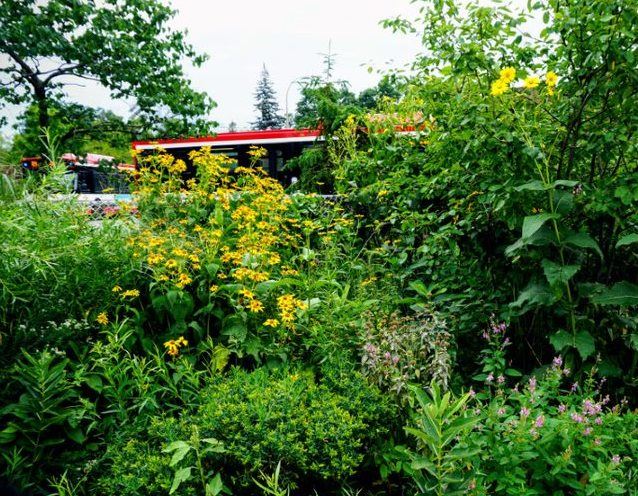 | The LEAF demonstration and learning gardens are located outside Toronto subway stations in neighbourhoods across the city. The gardens are designed to enhance the urban forest and be sites for the public to learn about native plants and trees. Suitable native species are selected and planted in these gardens to provide sources of food and habitat for birds, butterflies and other pollinator species. Practices used to care for these gardens include mulching, feeding the soil with compost, reusing materials to minimize waste and utilizing the native plants in the garden as seed sources for propagation. In addition to LEAF staff, a group of 50 dedicated volunteer garden stewards care and maintain the demonstration and learning gardens. |
| The Nature Regina - Royal Saskatchewan Museum Native Plant garden has over 100 species of plants native to southern Saskatchewan. The species were selected to support insects, birds and other small mammals. Those involved in designing the garden are constantly searching for native Saskatchewan plants from the area to extend bloom times. The garden is in its fourth year of a five-year rejuvenation plan. The garden is supported by numerous volunteers and monitored by a team of biologists and landscapers dedicated to organic land care practices. Public engagement activities include webinars and publicly accessible site visits to learn about native plants in the ecoregion. The garden is a designated Monarch Way Station on the David Suzuki Foundation Butterflyway and is a research site for the Royal Saskatchewan Museum and community space programmed by Nature Regina. |
| Peace Garden is in a very public location downtown Regina. The older section of the garden is twenty years old and was badly in need of rejuvenation. The success of that restoration in recent years inspired the volunteers and Church to triple the garden area available. Plants selected for the garden expansion were primarily native plants, including groundcovers, annuals, perennials, shrubs and trees. Plants are selected so that flowering occurs throughout the season. Members of the public routinely stop and speak with volunteers about the garden and our methods. Homelessness is an issue in downtown Regina, and several people sleep in the garden and church entrance. One homeless person regularly assisted with watering the new plantings during last summer’s hot, dry summer. |
| The Pipeline Trail Pollinator Paradise in Hamilton is a small urban garden filled with mostly native plants, chosen for diversity in bloom time, colour and flower shape to maximize support for native insects. There are approximately 40 species of shrubs, herbaceous perennials and grasses in approximately 700 sq. feet. As the name suggests, the garden is along a trail and it was a central feature in a recent community engagement event that advocated for trail improvements to improve accessibility and wayfinding, as well as projects involving public art and additional gardens. As described by one of the lead gardeners, the Pipeline Pollinator Paradise garden supports garden activism. |
| The Smith Blackburn Homestead Pollinator Garden is 60 kilometres from Edmonton within the Beaver Hills Biosphere Reserve. The Pollinator Garden was planted in 2021 to convert an area dominated by invasive plants into a habitat for native wildlife. The garden was planted with over 250 native plants to support native species of insects, birds, and mammals. Volunteers and staff at the Edmonton and Area Land Trust maintain the garden that is open to the public to learn about pollinators, native plants and pollinator habitats. Read the full profile of the garden here. |
| The Gathering Garden at Old's Cool General Store created by the design firm RAINscapeTO/Toronto Green Community is located in East York, Toronto. The 750 sq ft community garden is situated at a prominent corner at the entrance to the store. The Old’s Cool General Store is a much-loved community hub frequented daily by neighbours, students, and community members. The greenspace, full of colourful blooms and verdant plant life, is an oasis in the middle of a dense urban neighbourhood. The transformation of the paved boulevard into a garden has added beauty to the neighbourhood and has contributed to the associated environmental benefits of stormwater management and native habitat to attract pollinators and other wildlife. |
| Started with the help of a PollinateTO grant, this greenspace was planted in the spring of 2021 with a variety of native plant and tree species selected for blooming from spring to late fall. Water features were included in the garden for birds and insects as have old logs and woodpiles. Through signage from Project Swallowtail, the David Suzuki Foundation Butterflyway Project and PollinateTO, the gardens have made more people aware of the beauty of native plants and the importance of pollinator gardens. The gardens are used in new ways by children and adults alike and neighbours on the street are now planting more native plants in their gardens to help create a pollinator pathway. |
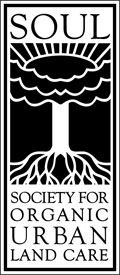
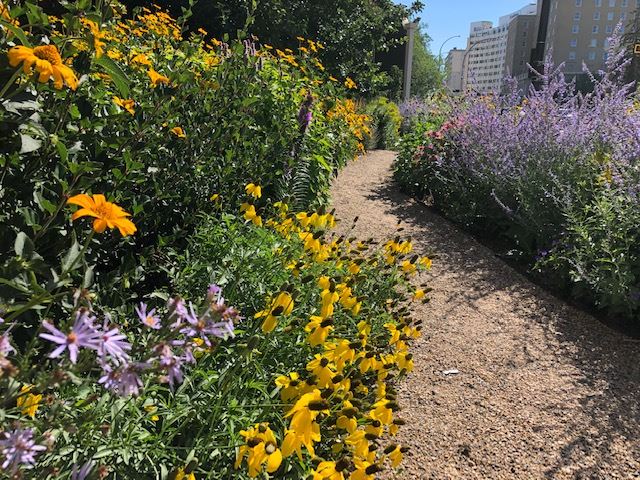
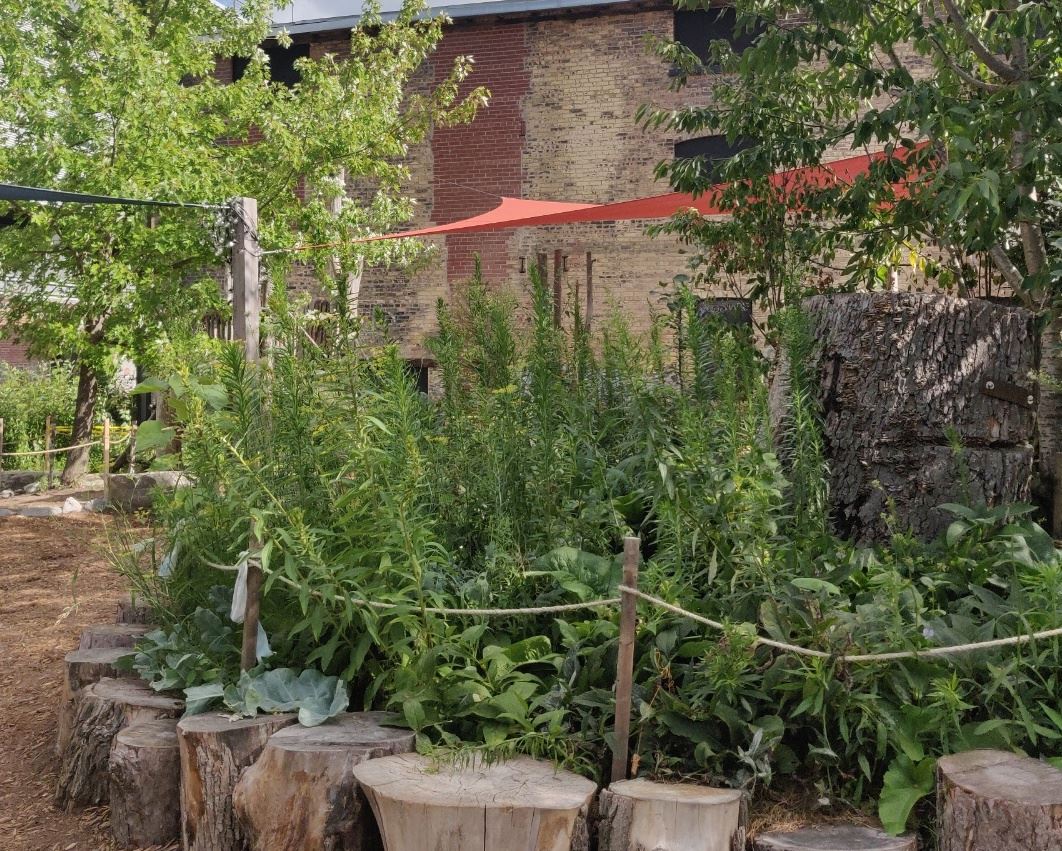
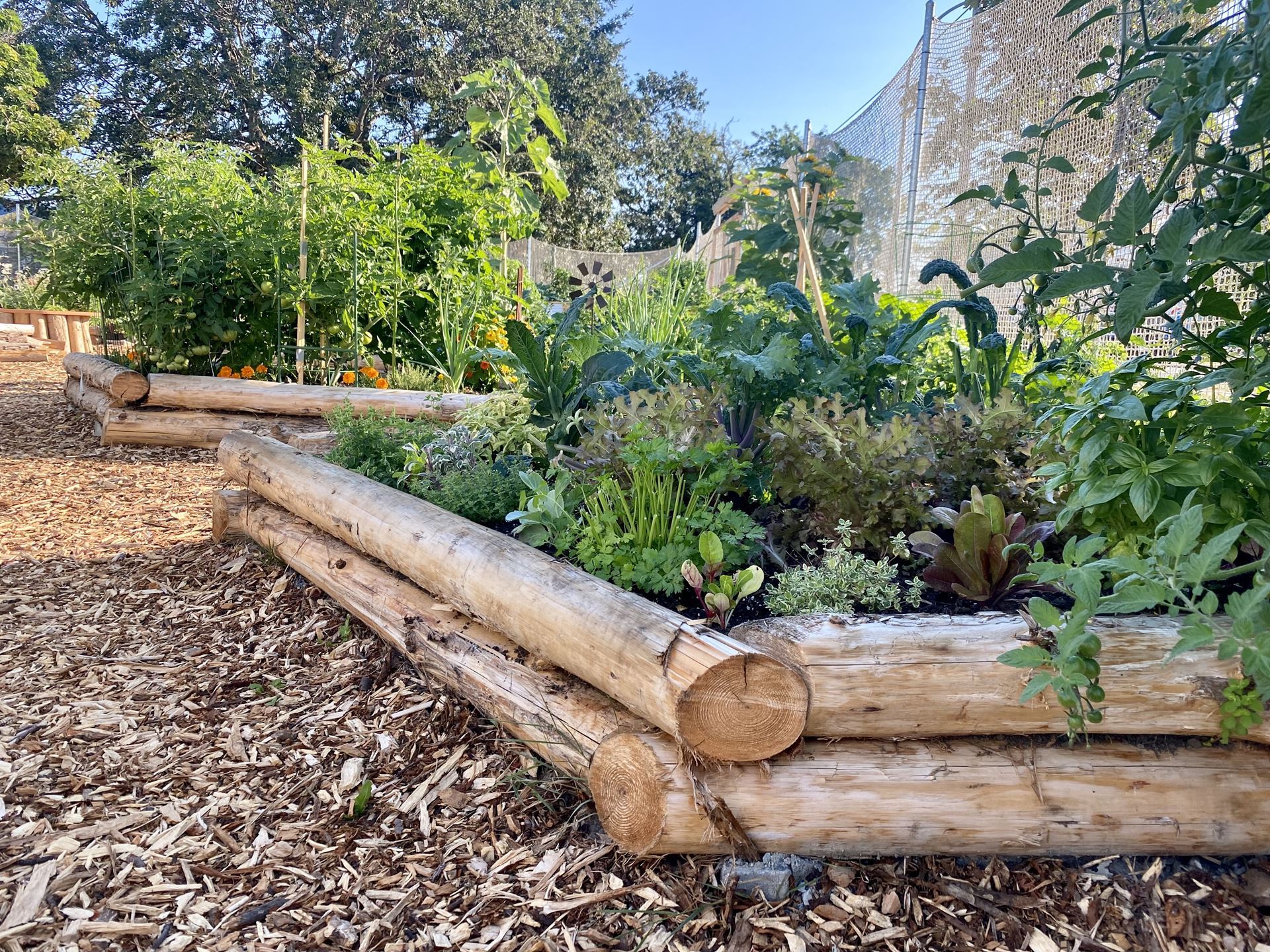
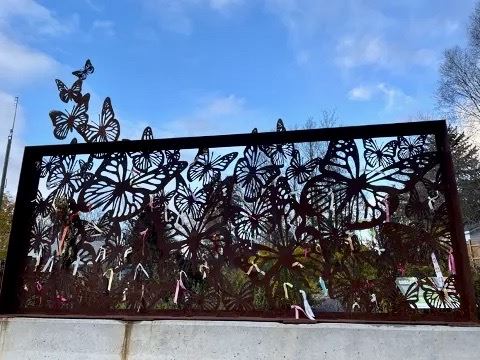
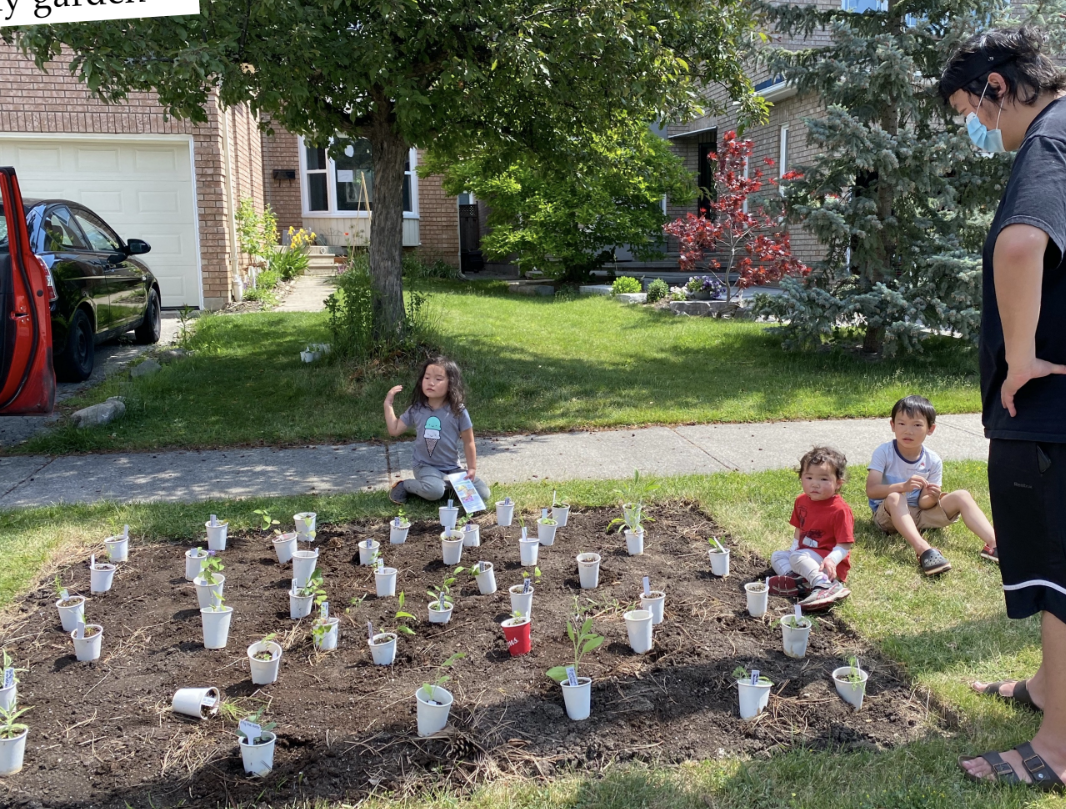
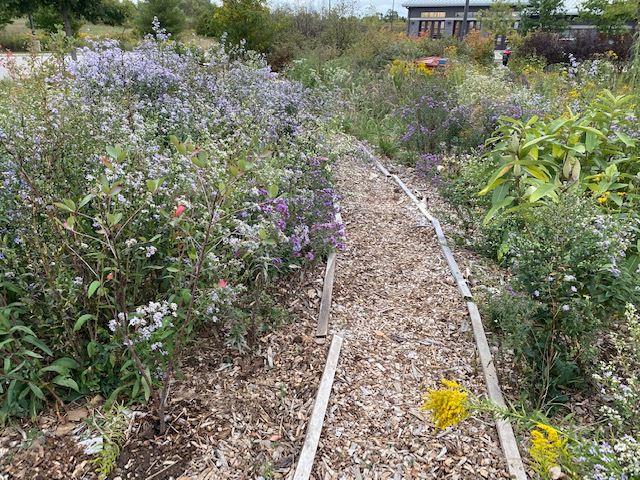
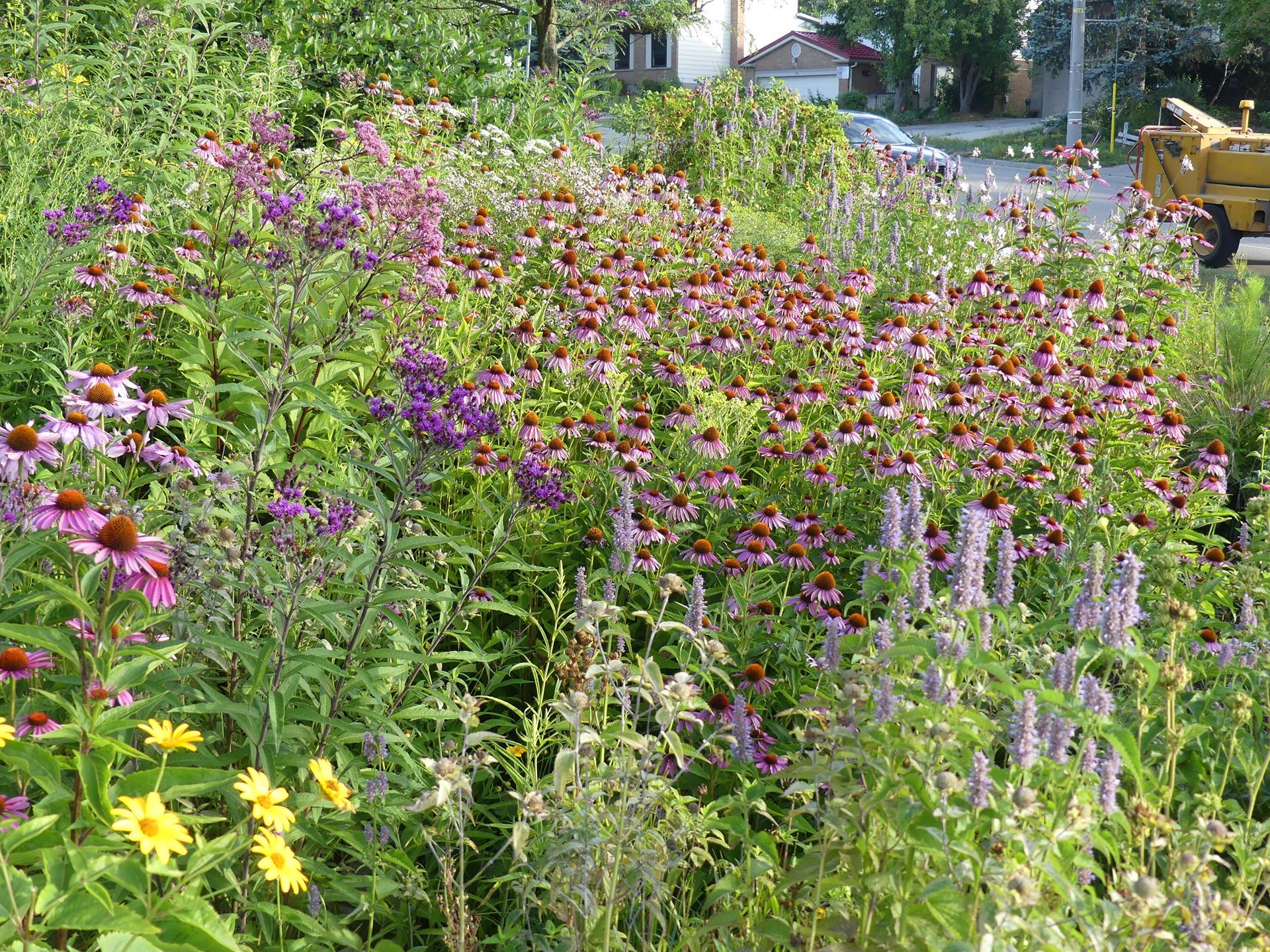
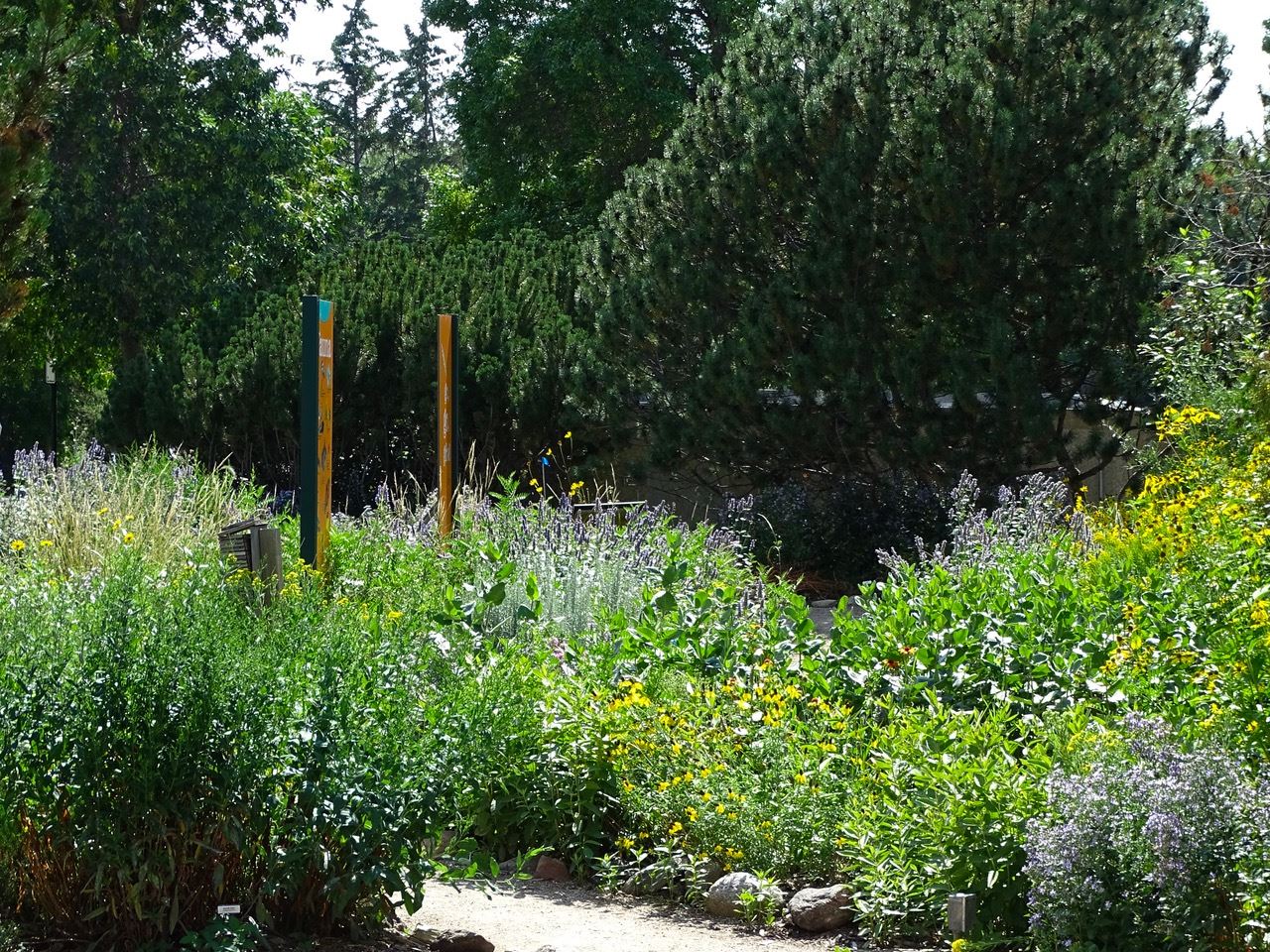
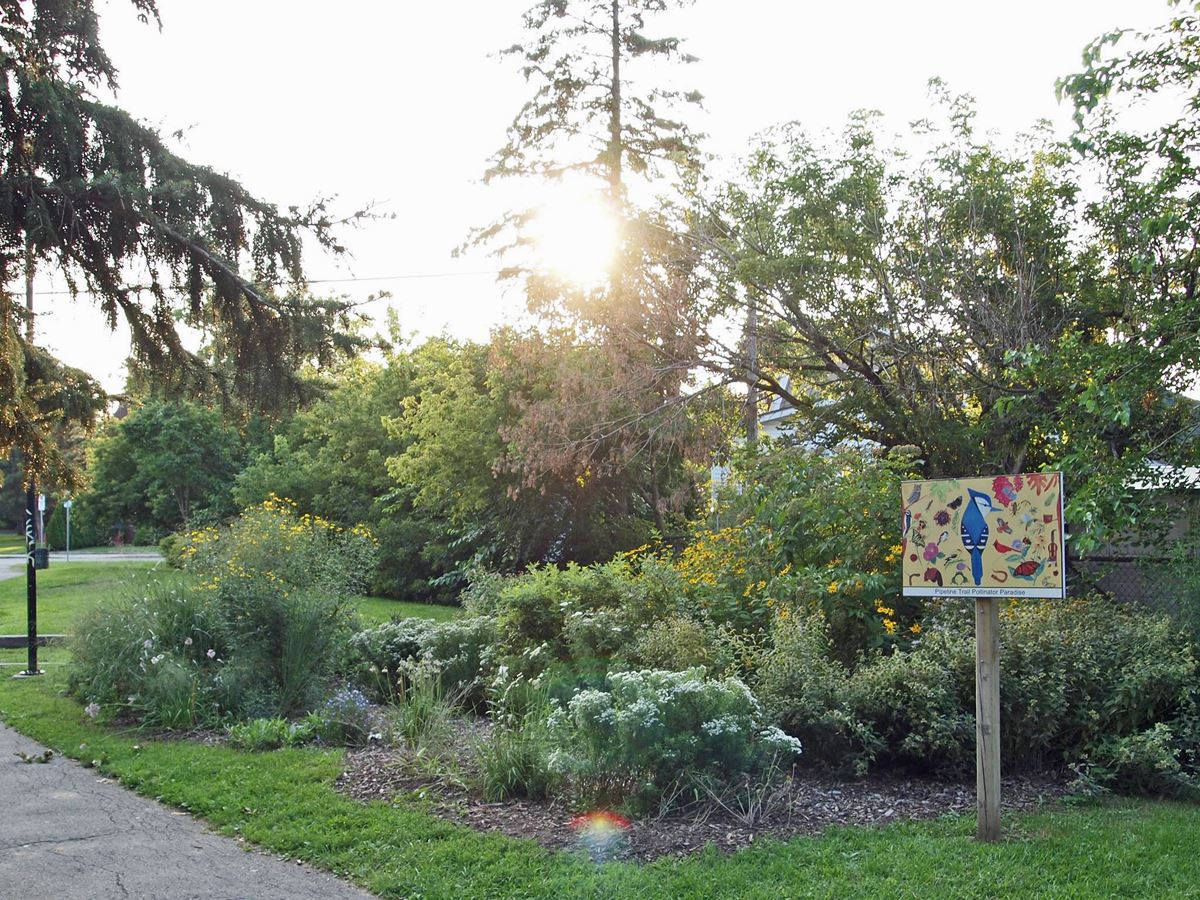
.jpg)
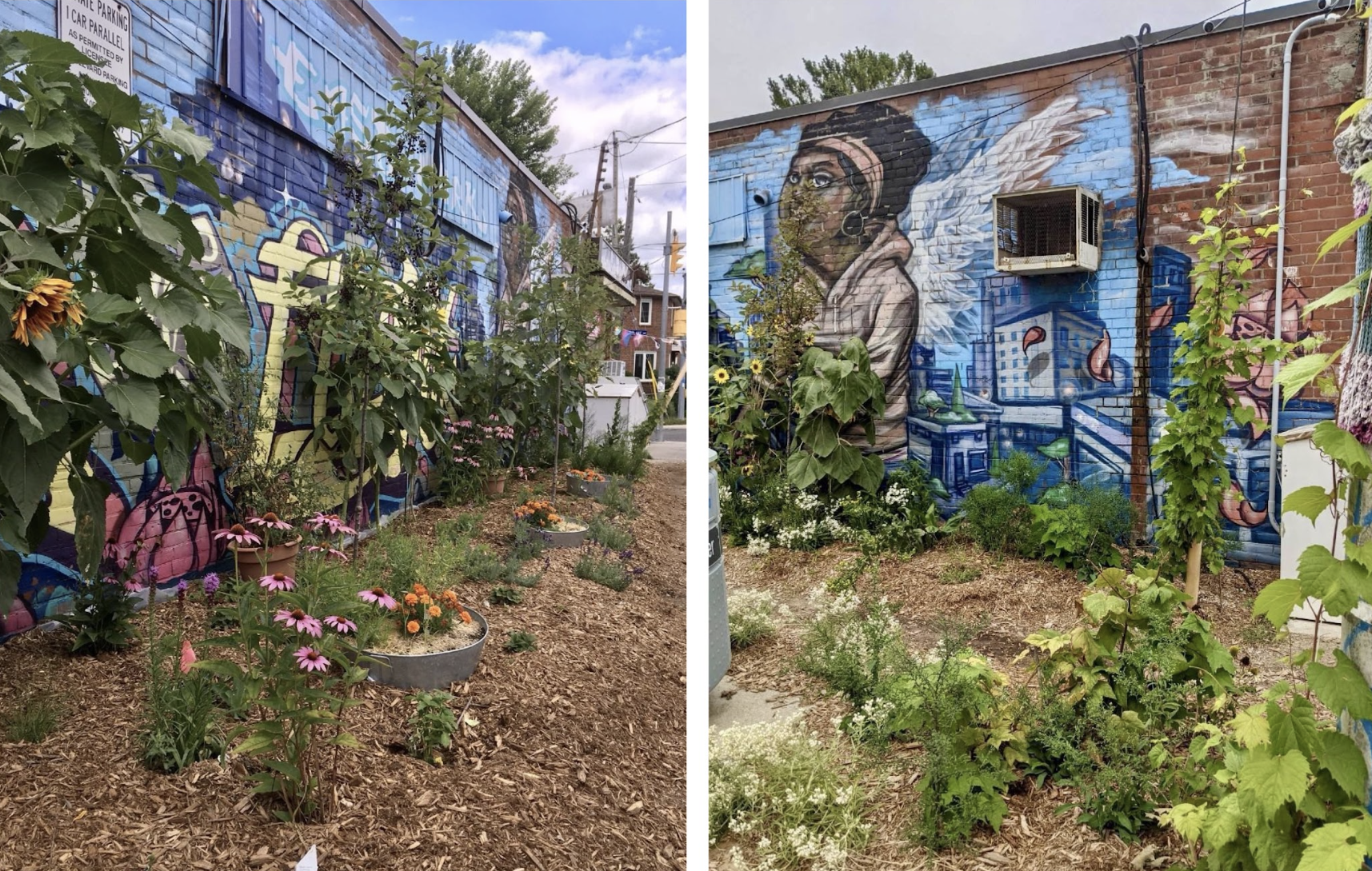
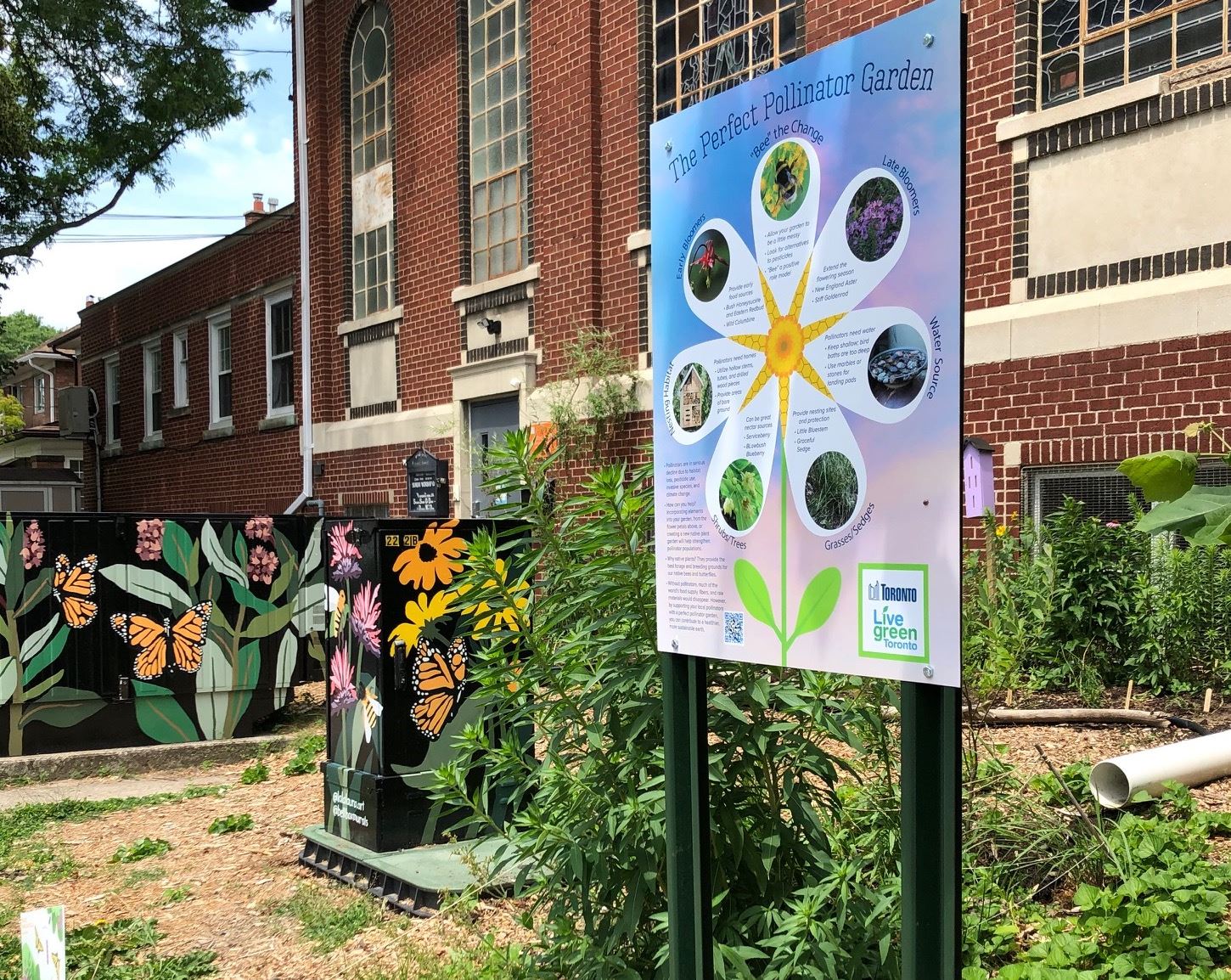
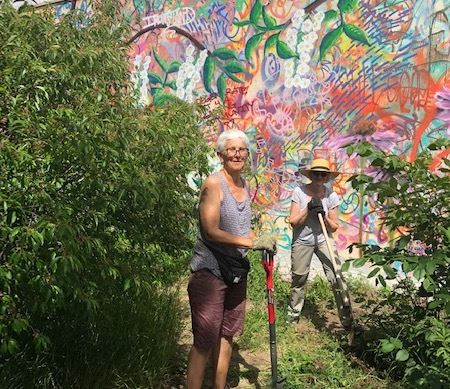
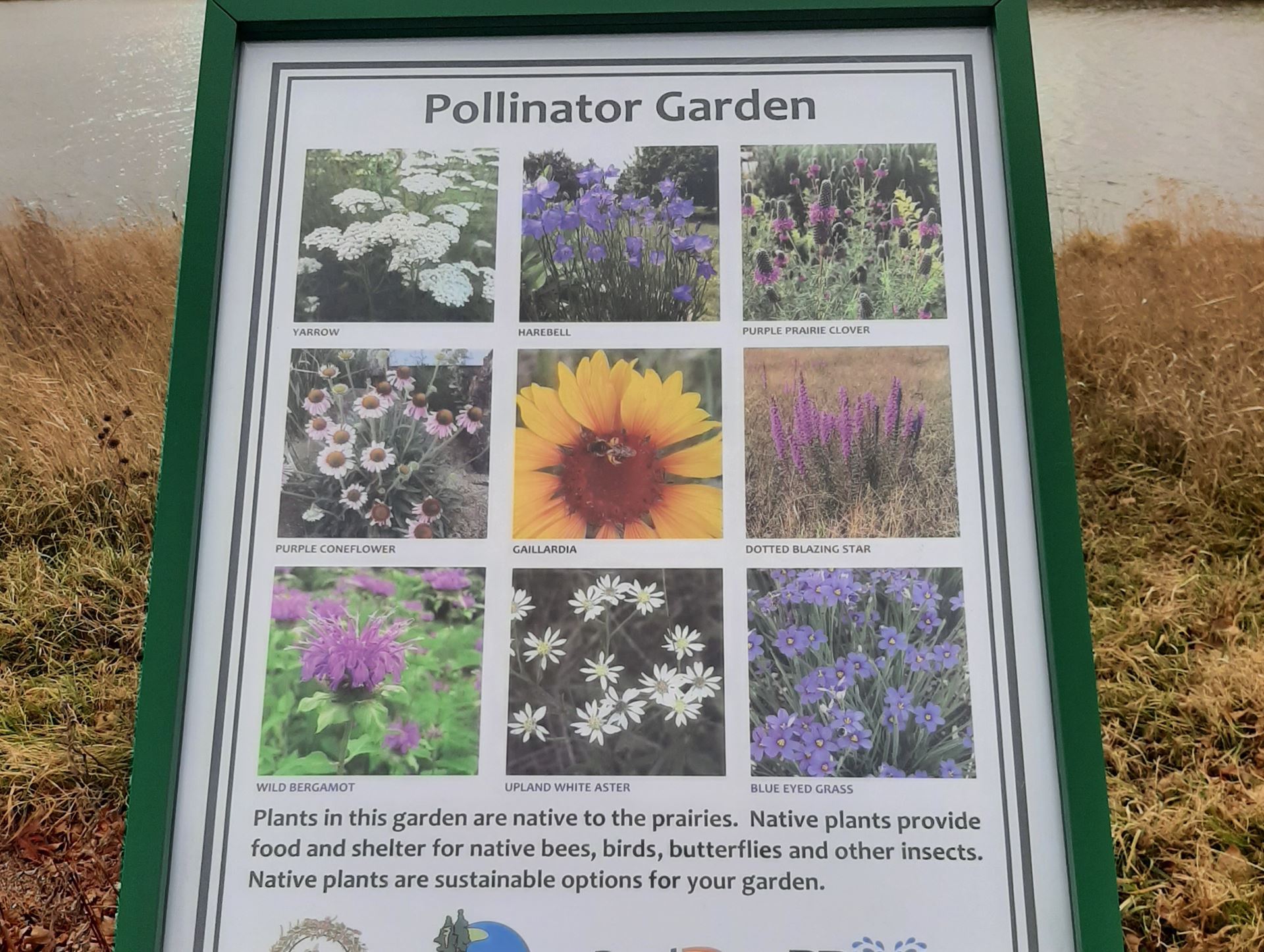
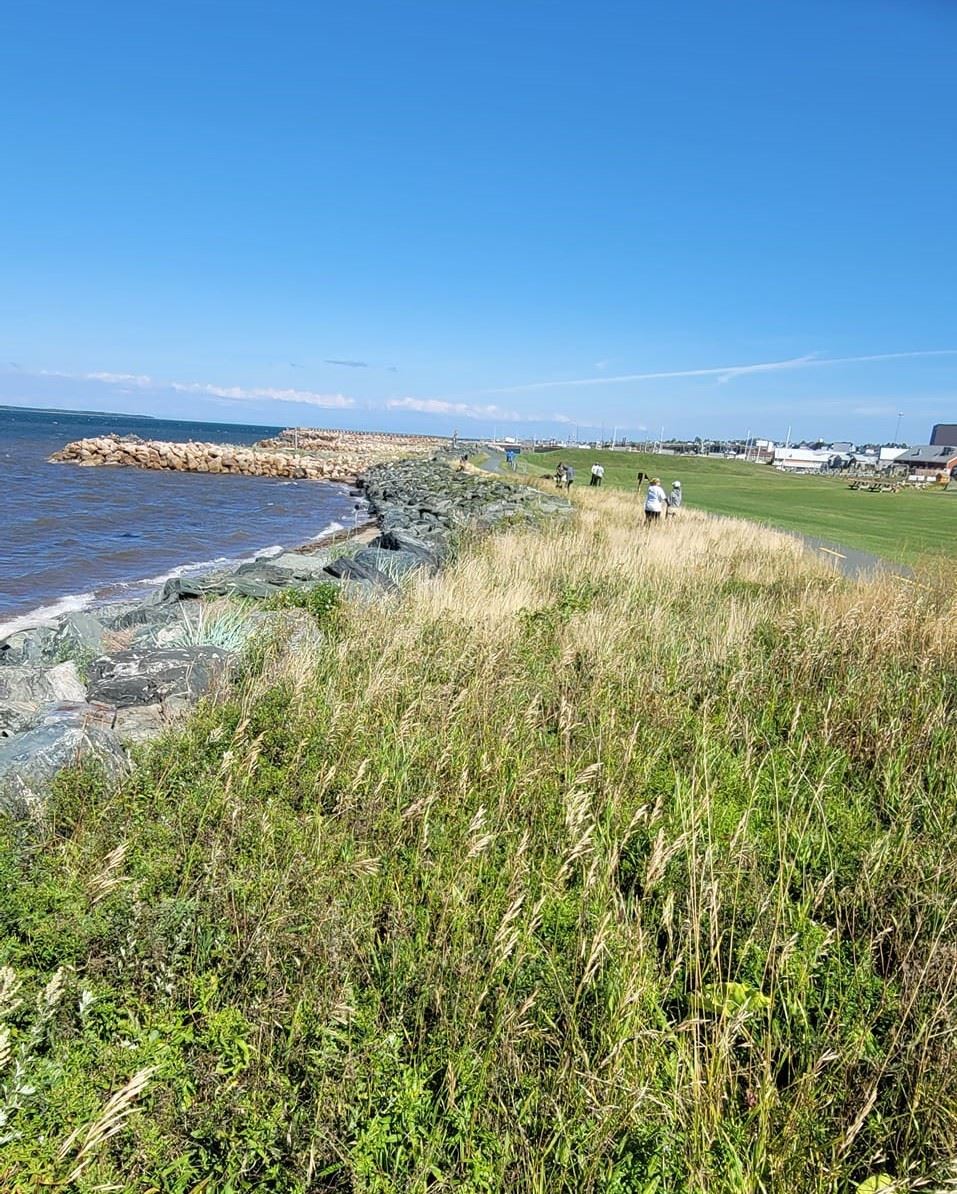
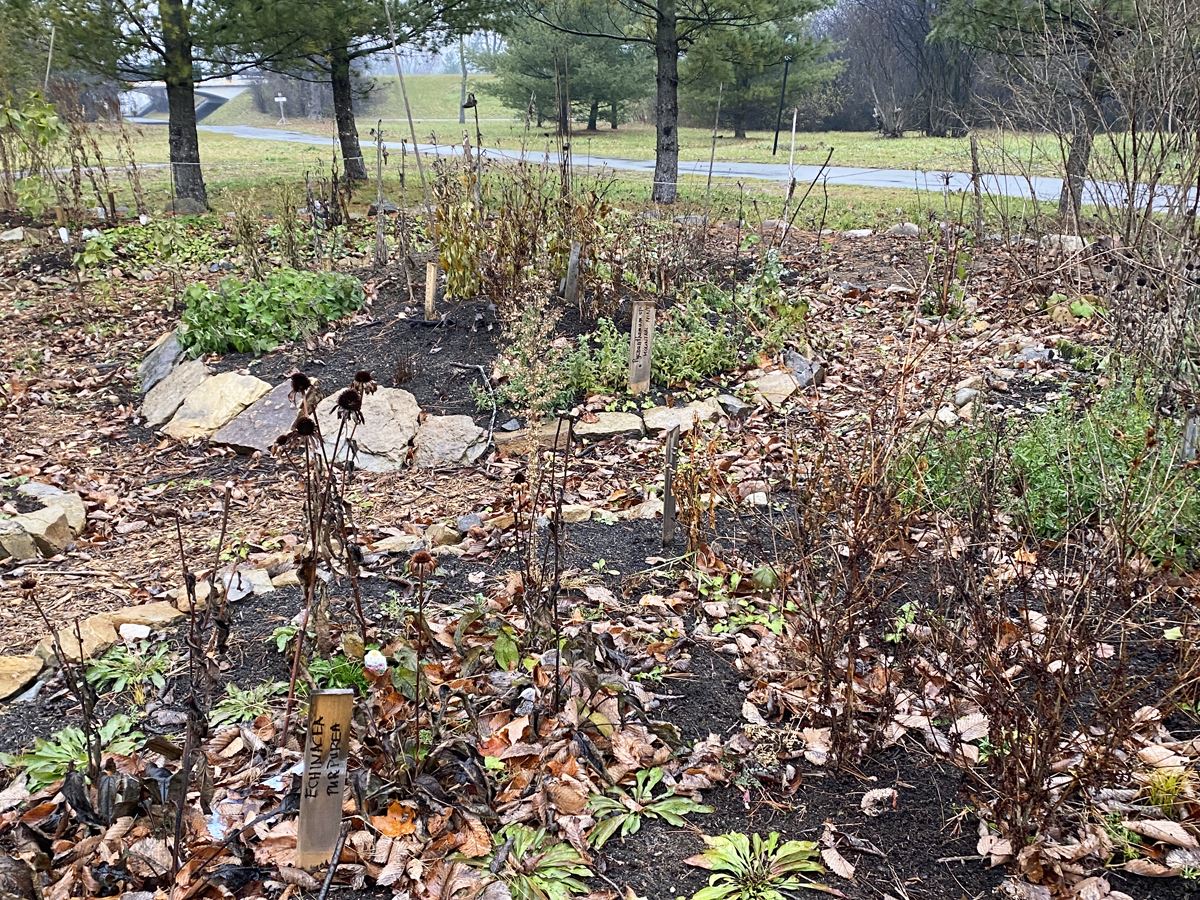
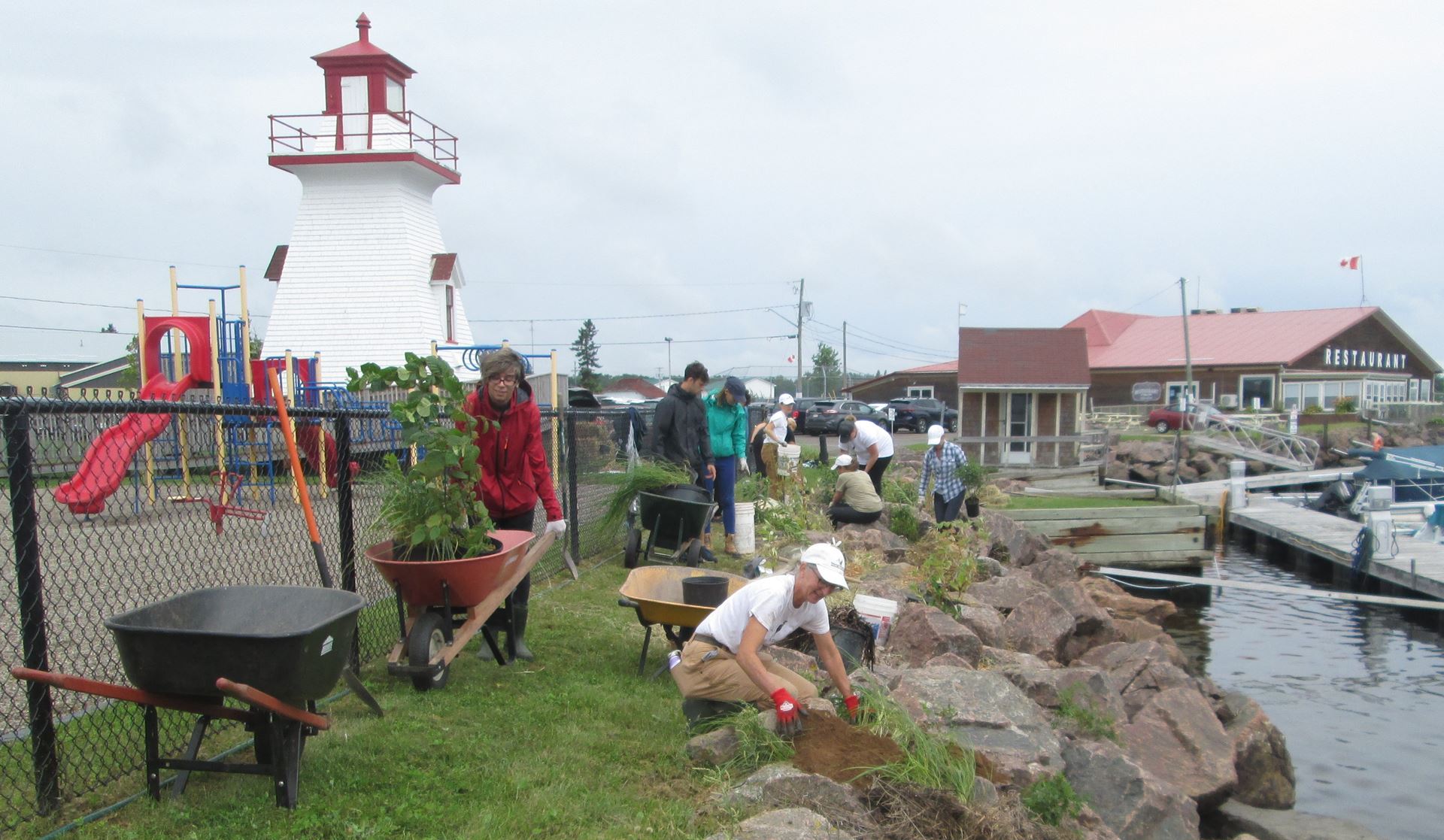
.jpeg)
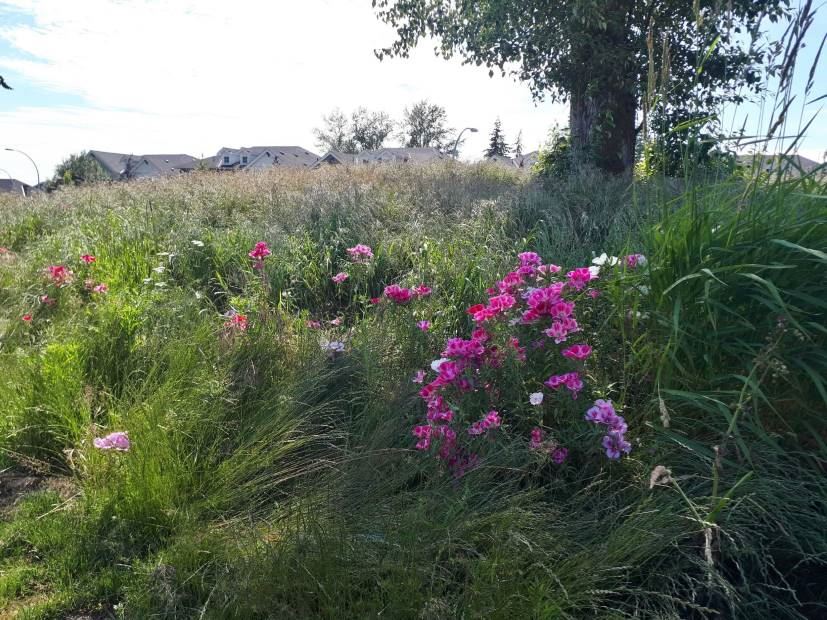
.png)
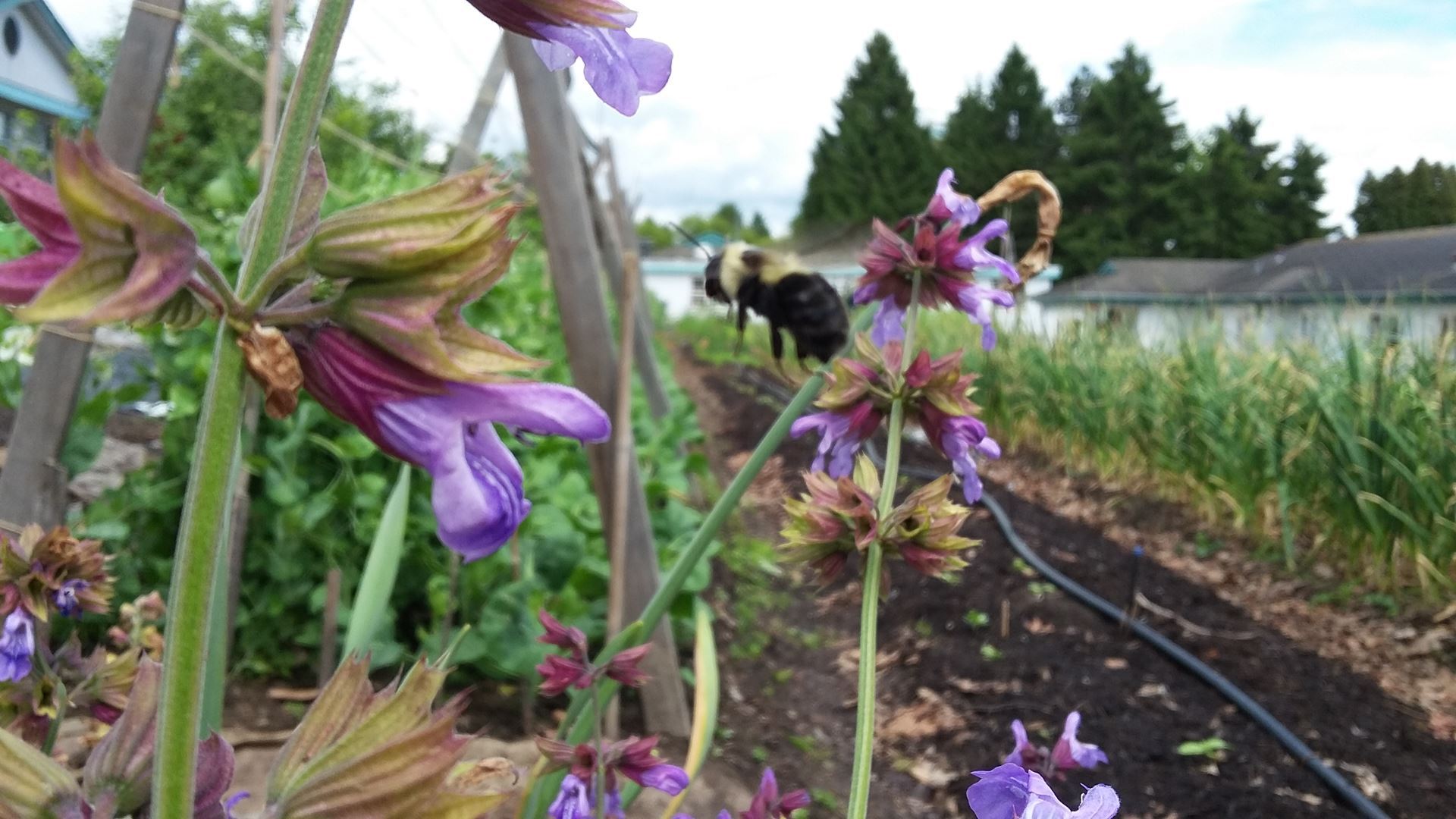
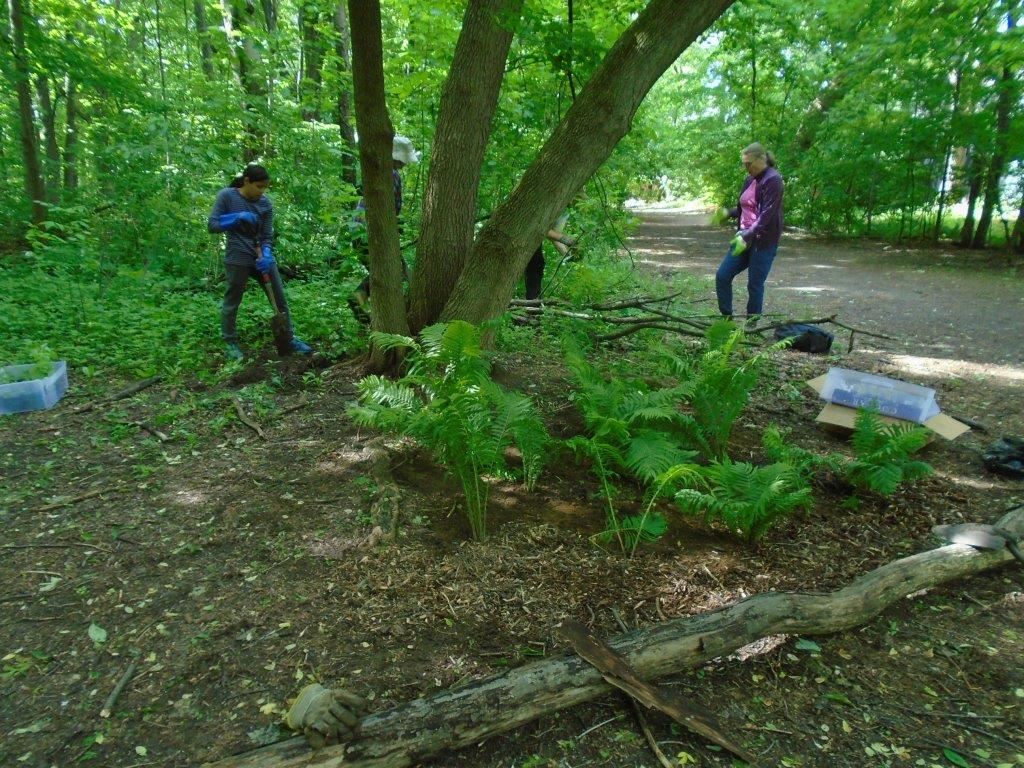
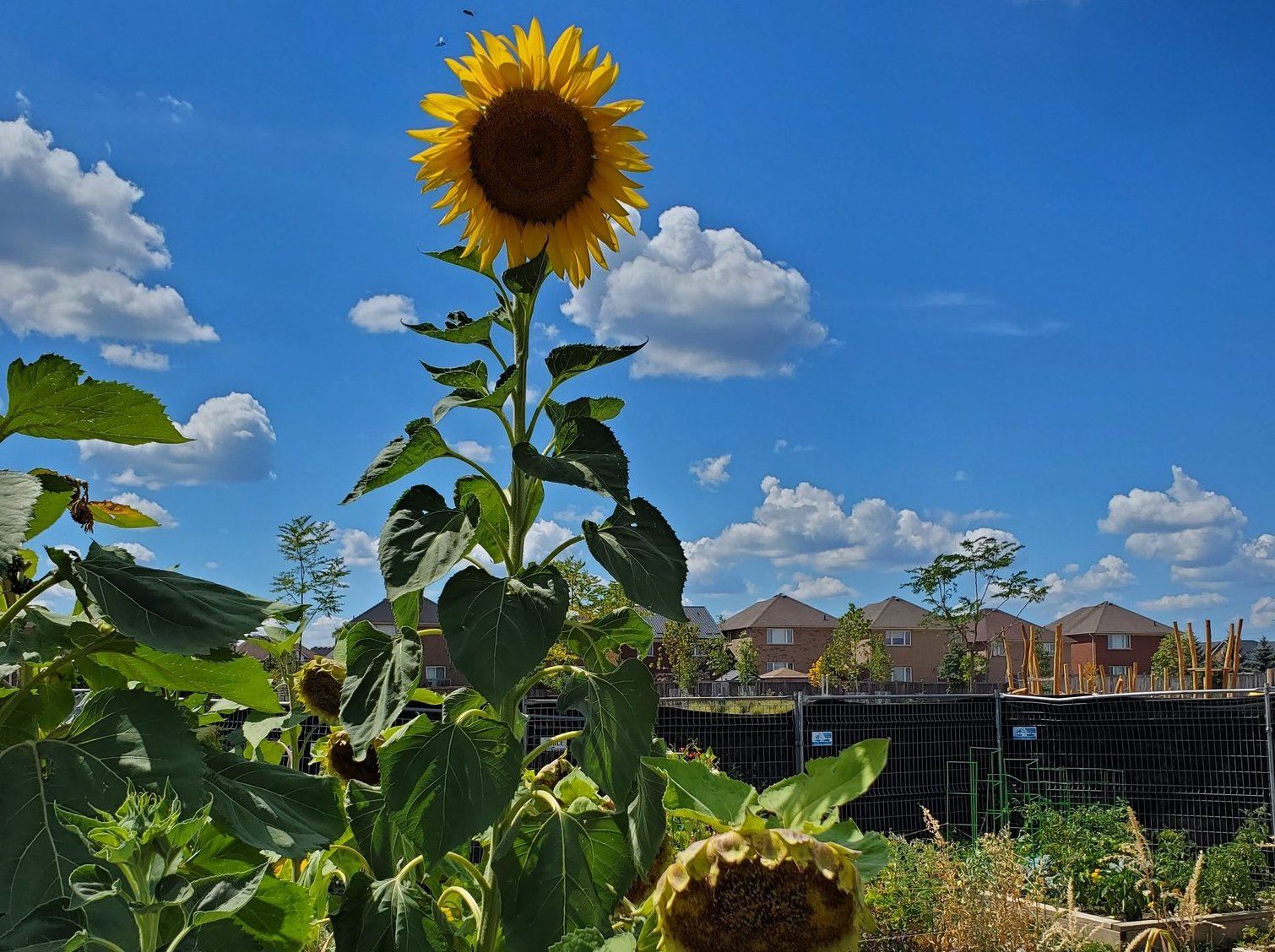
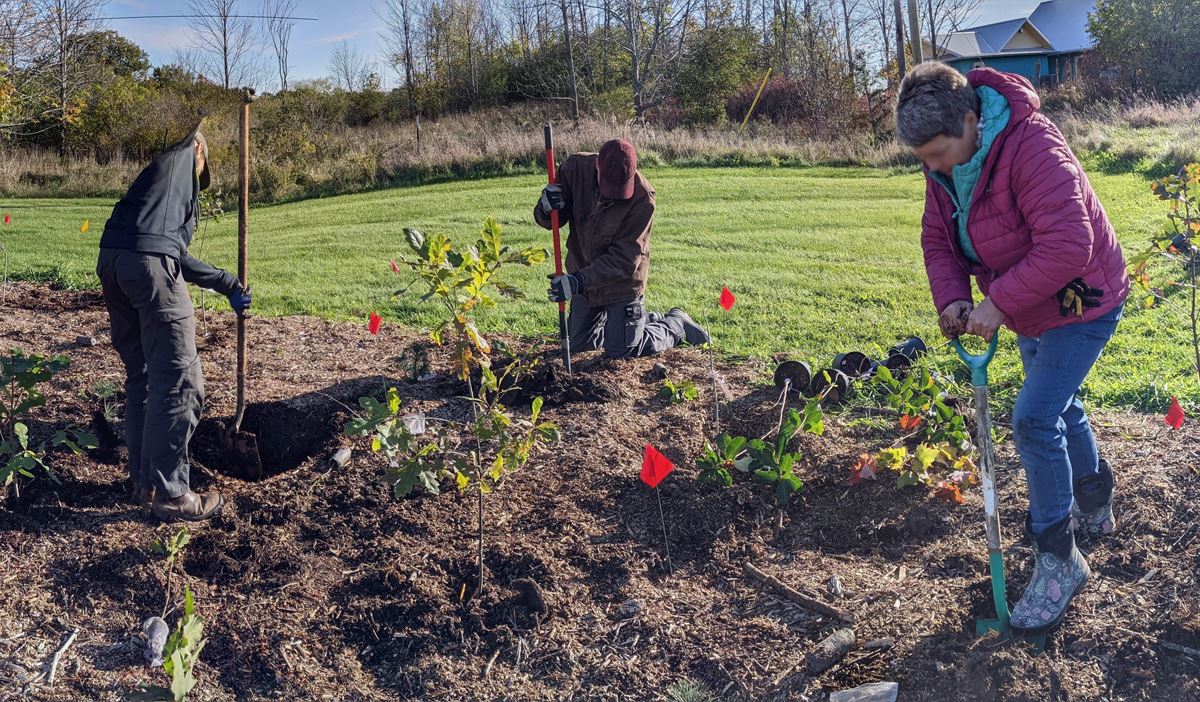

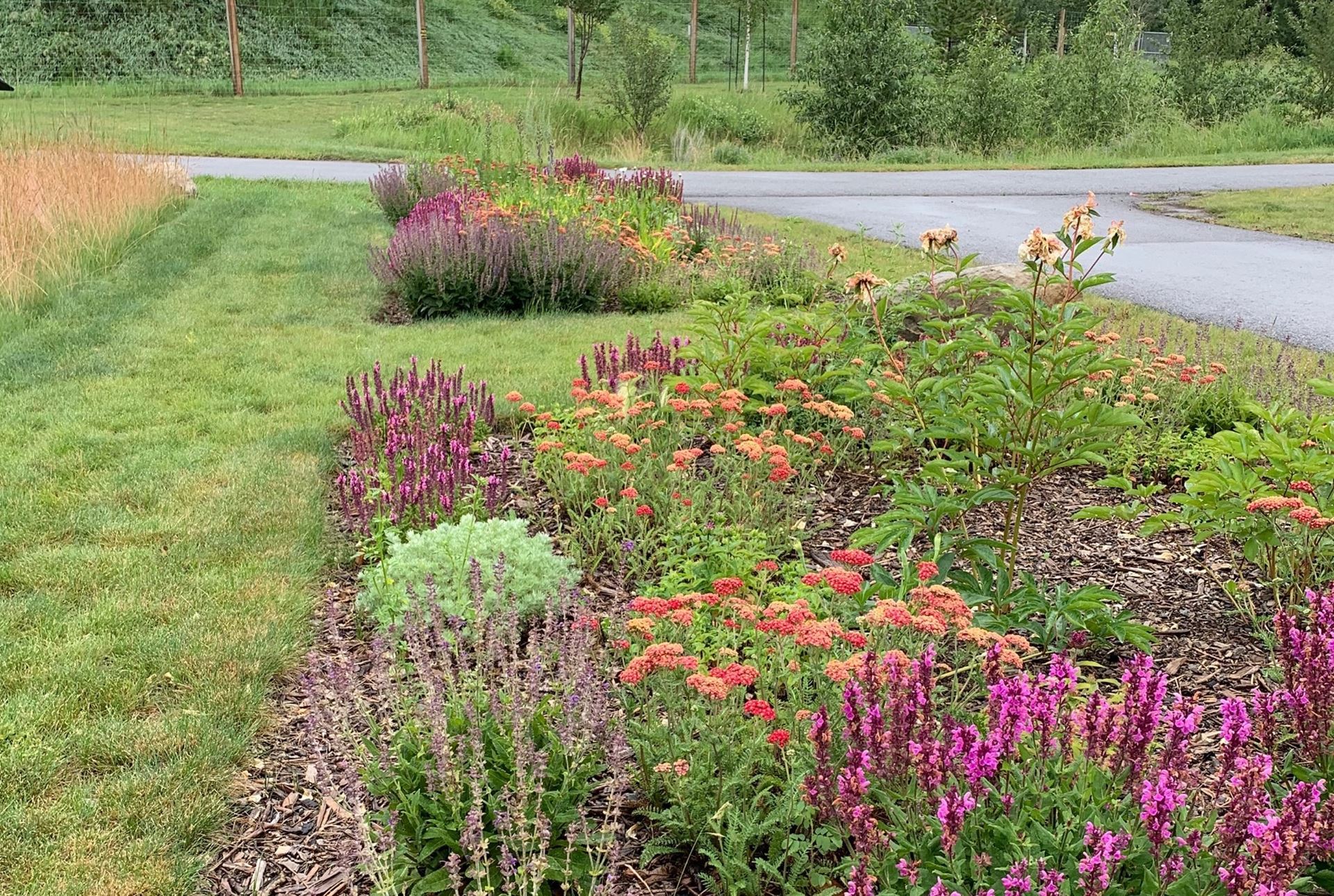
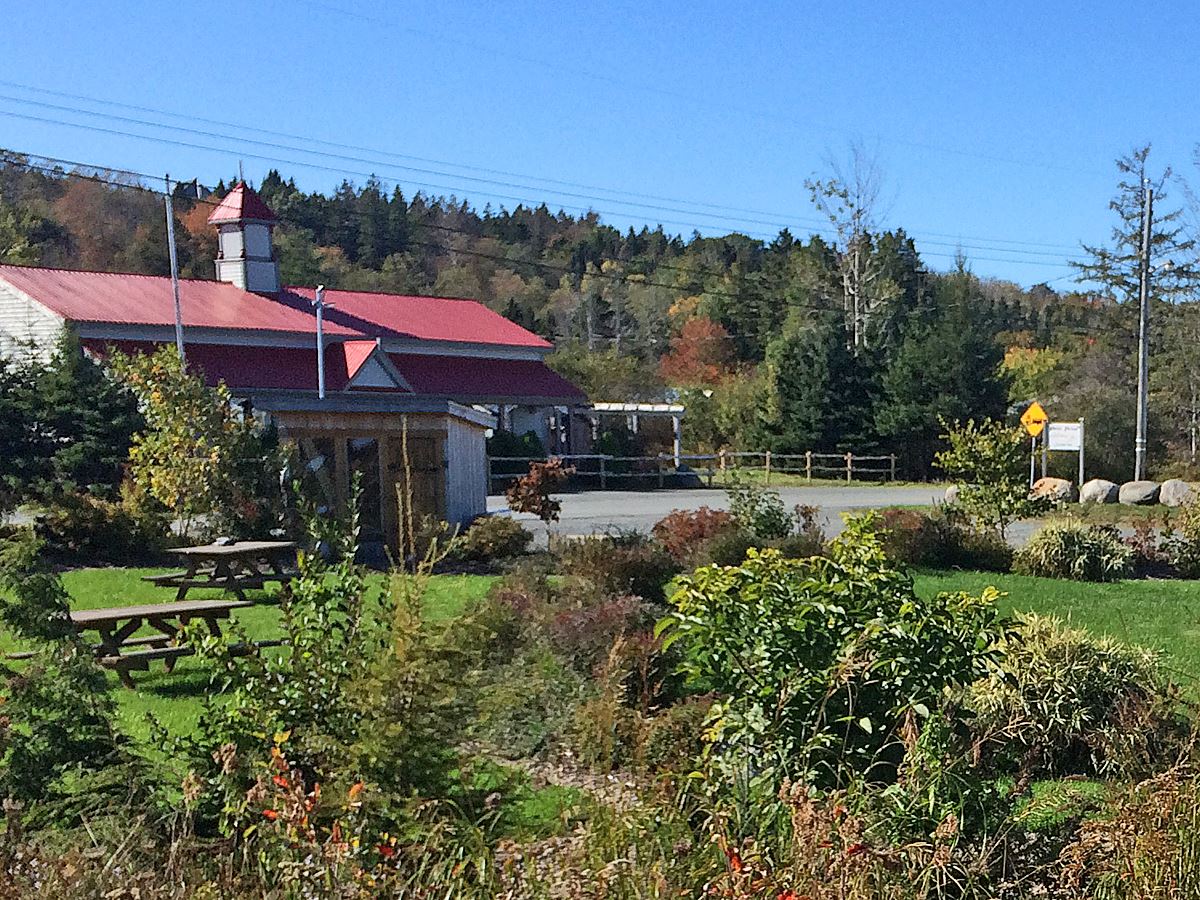
.jpg)
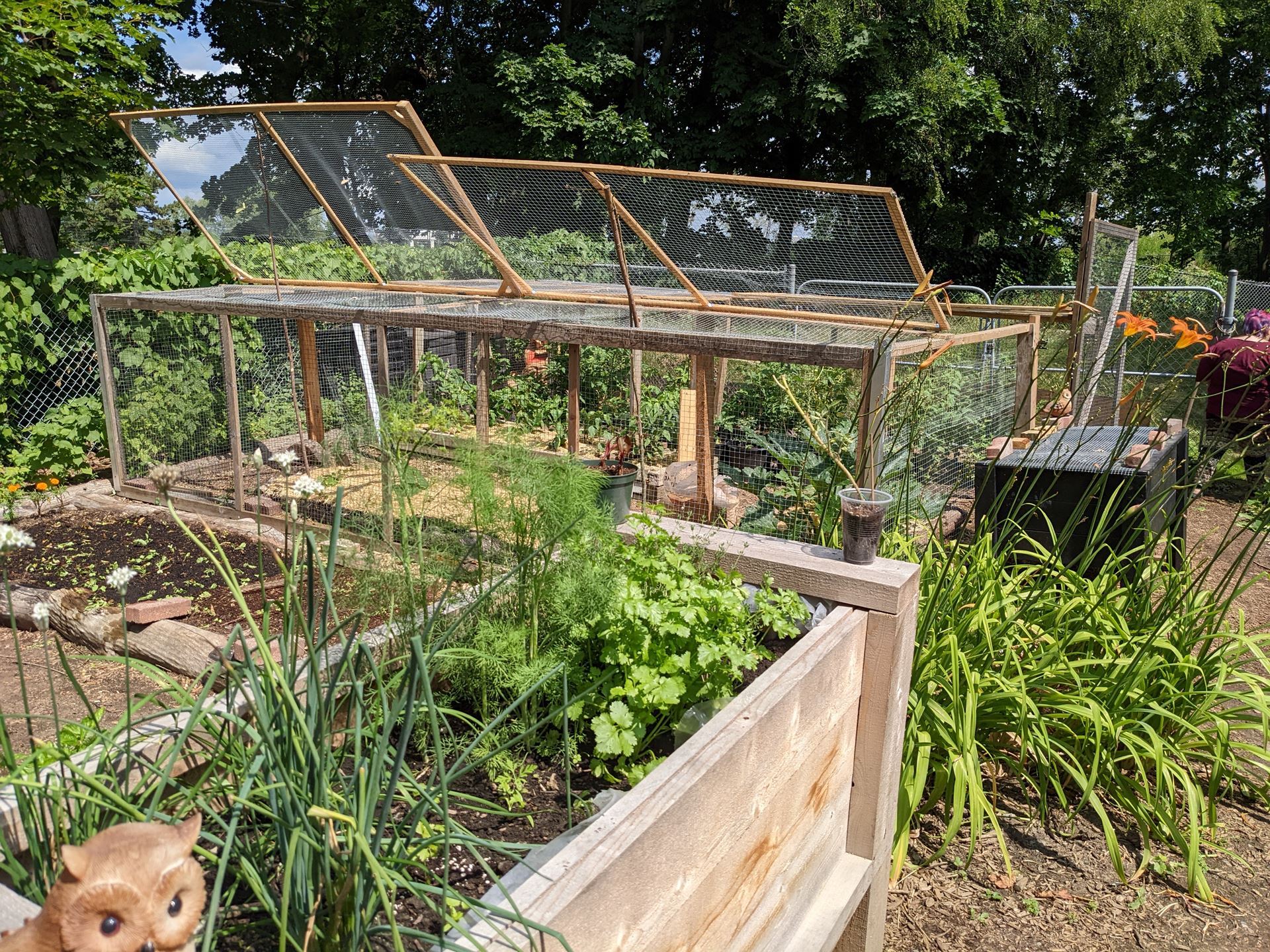
.jpg)
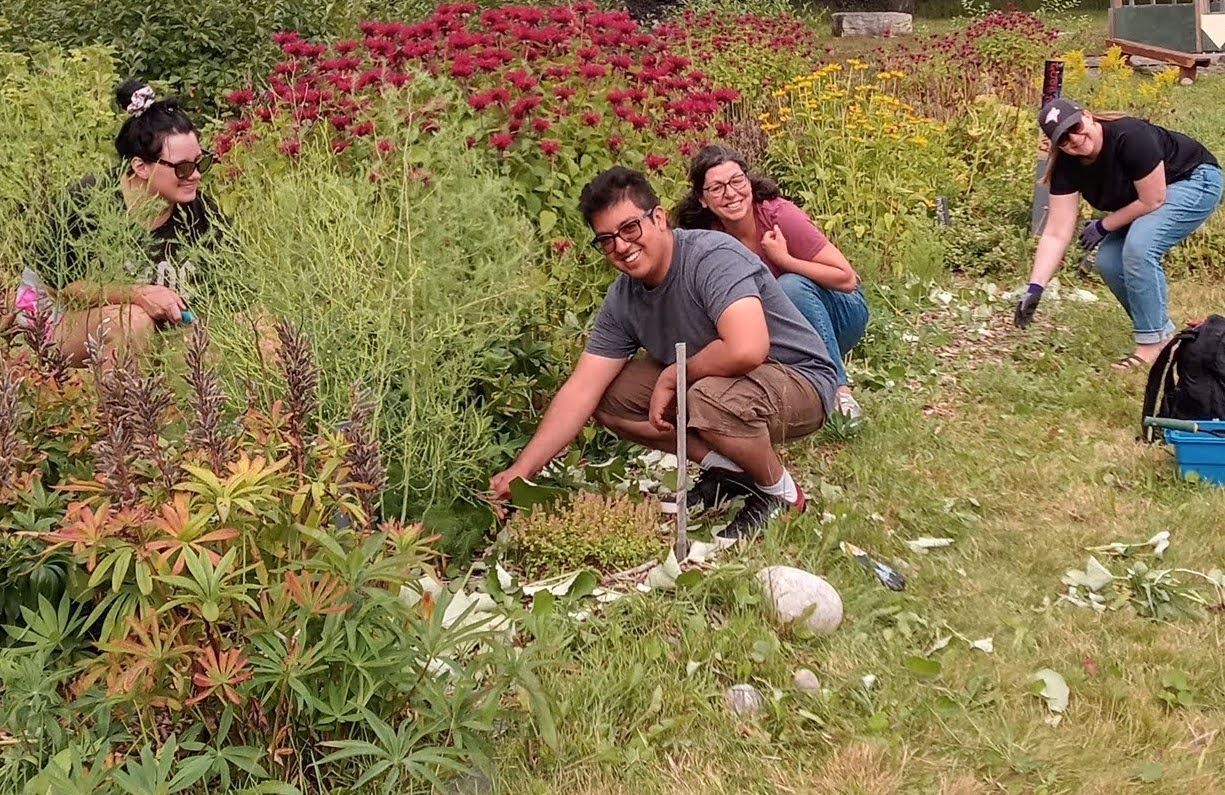
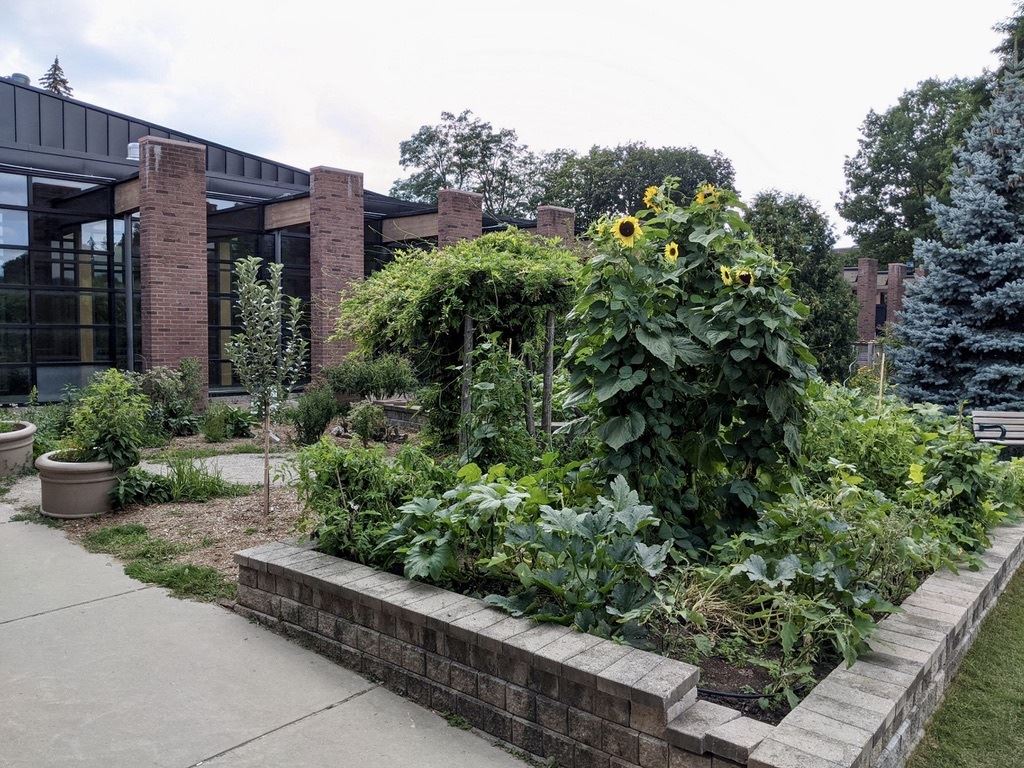
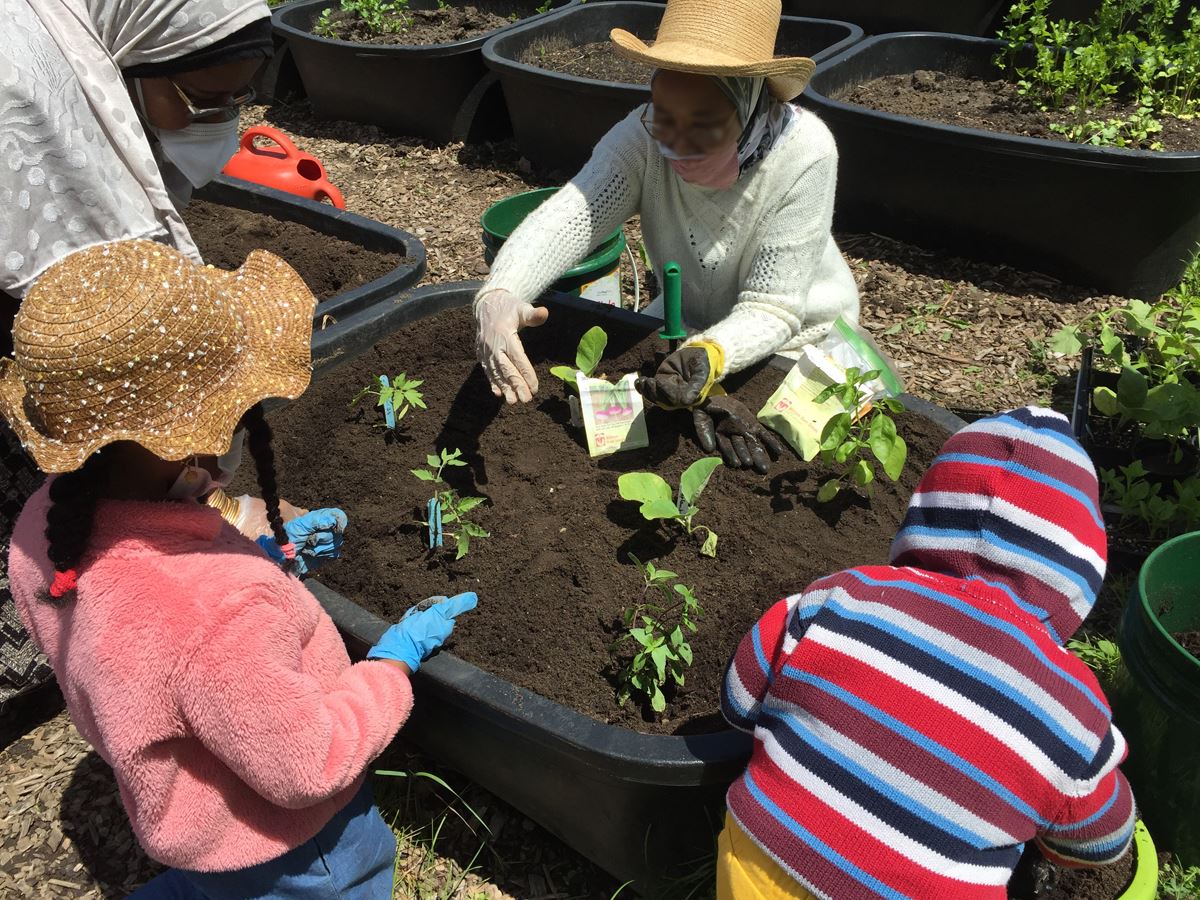
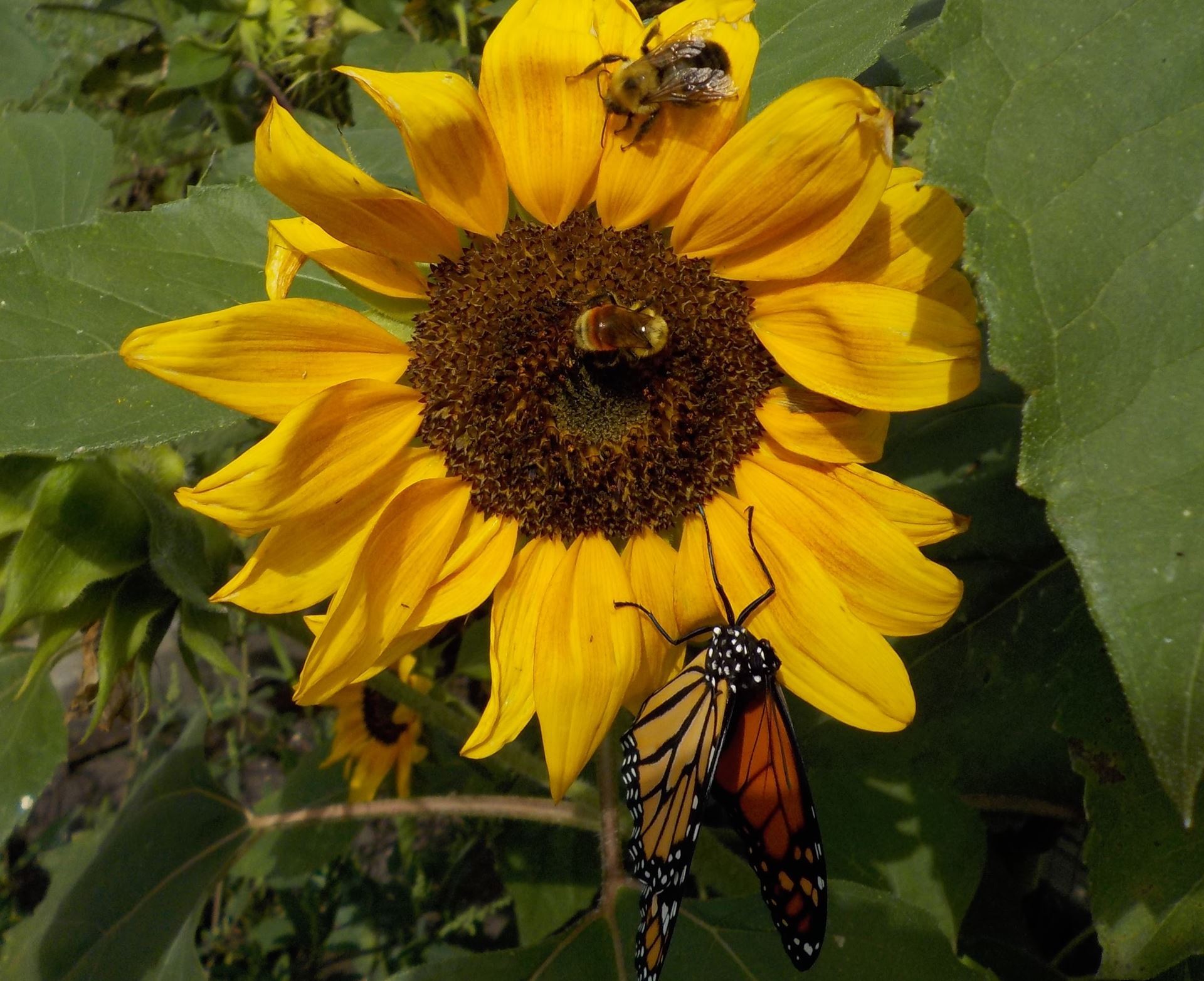
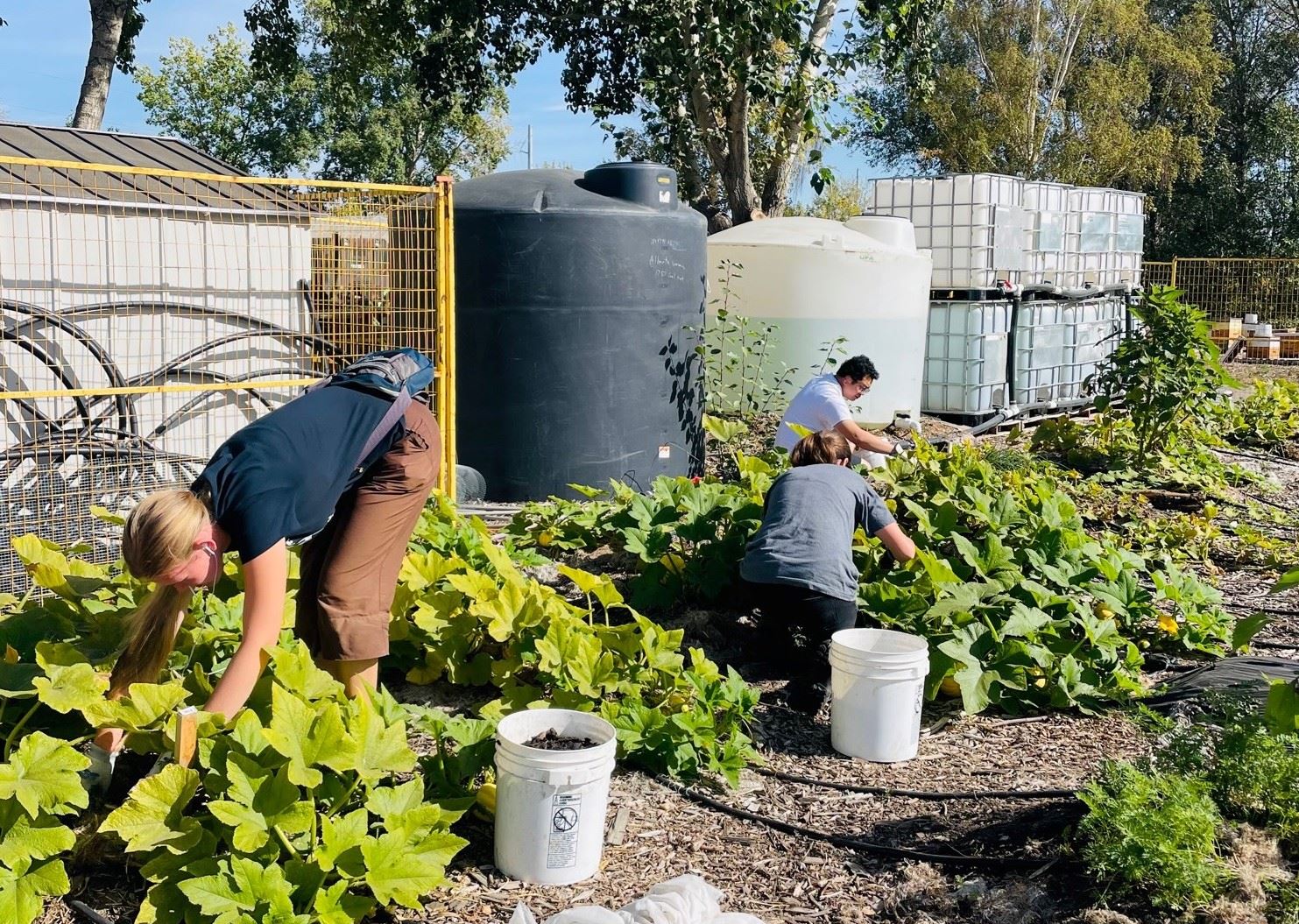
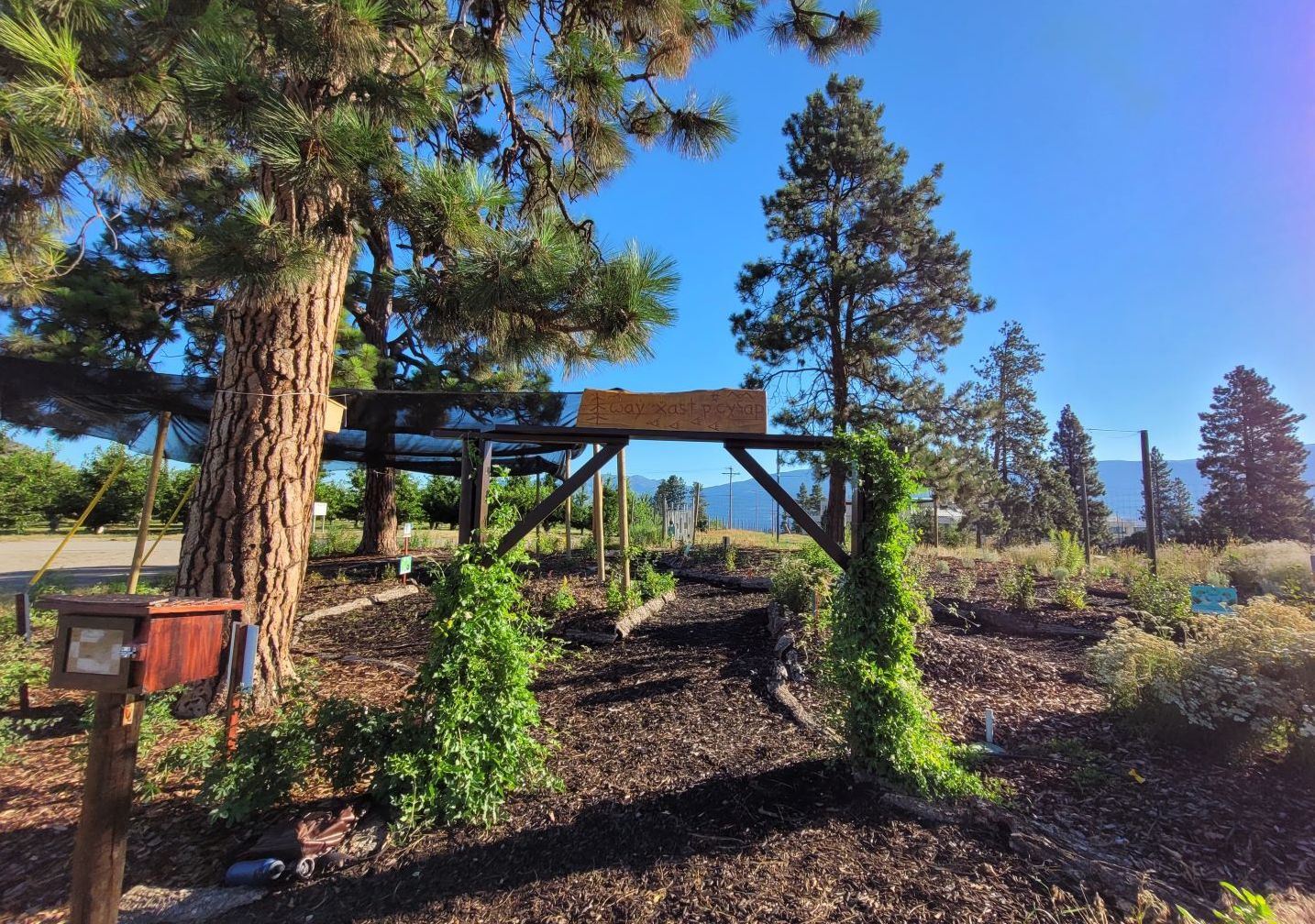
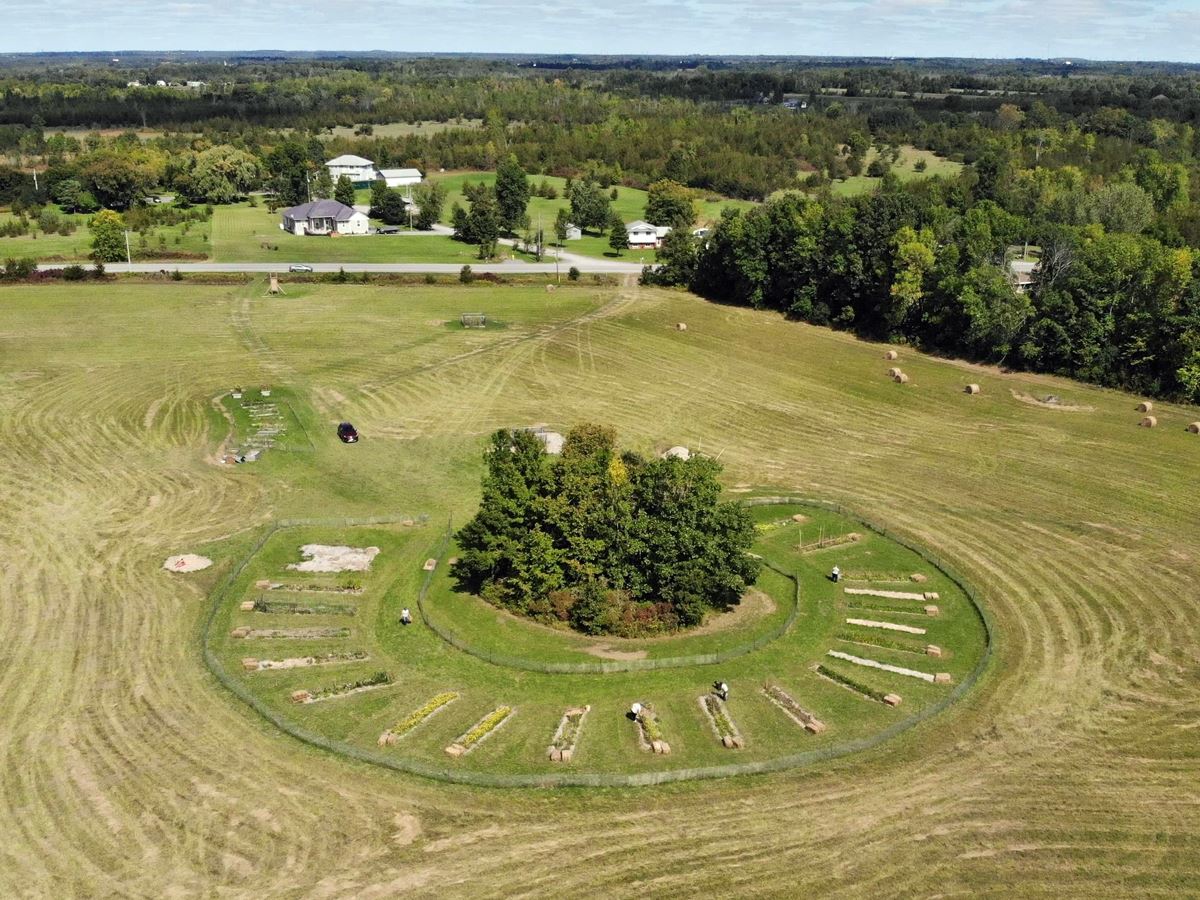
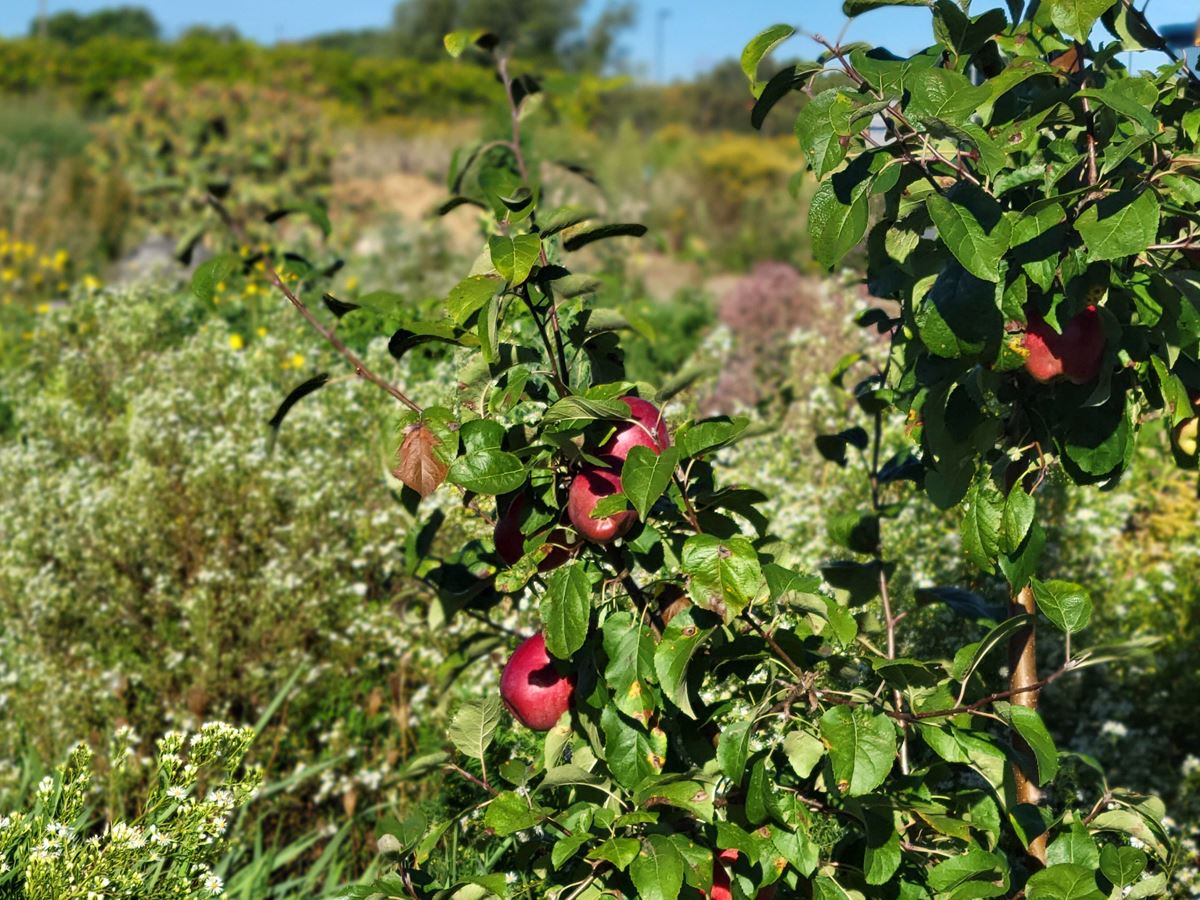
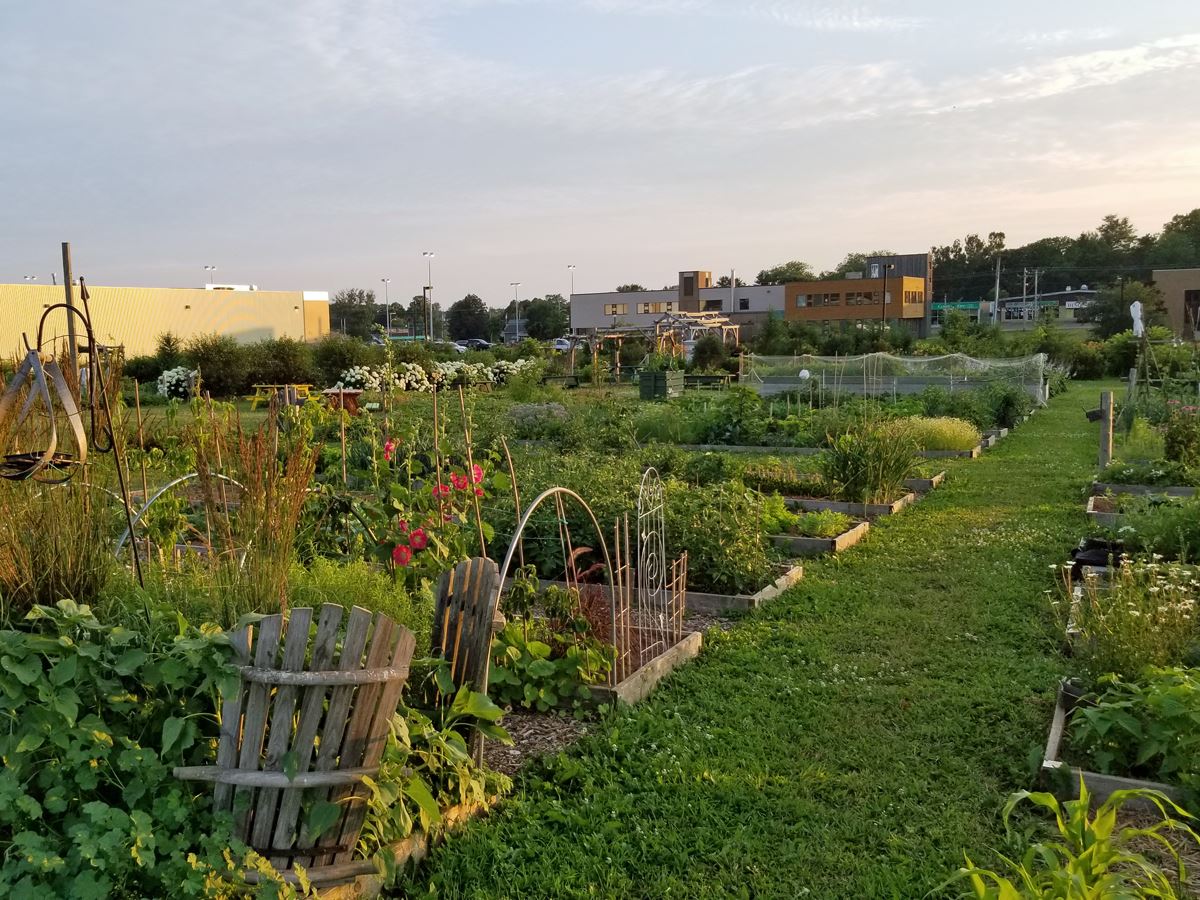
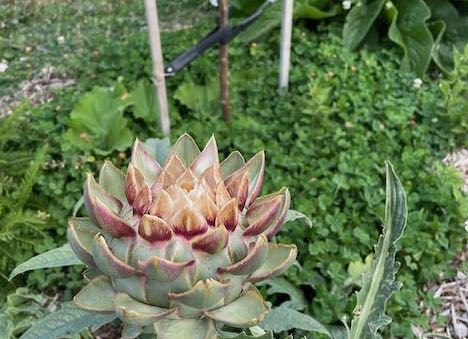
.jpg)
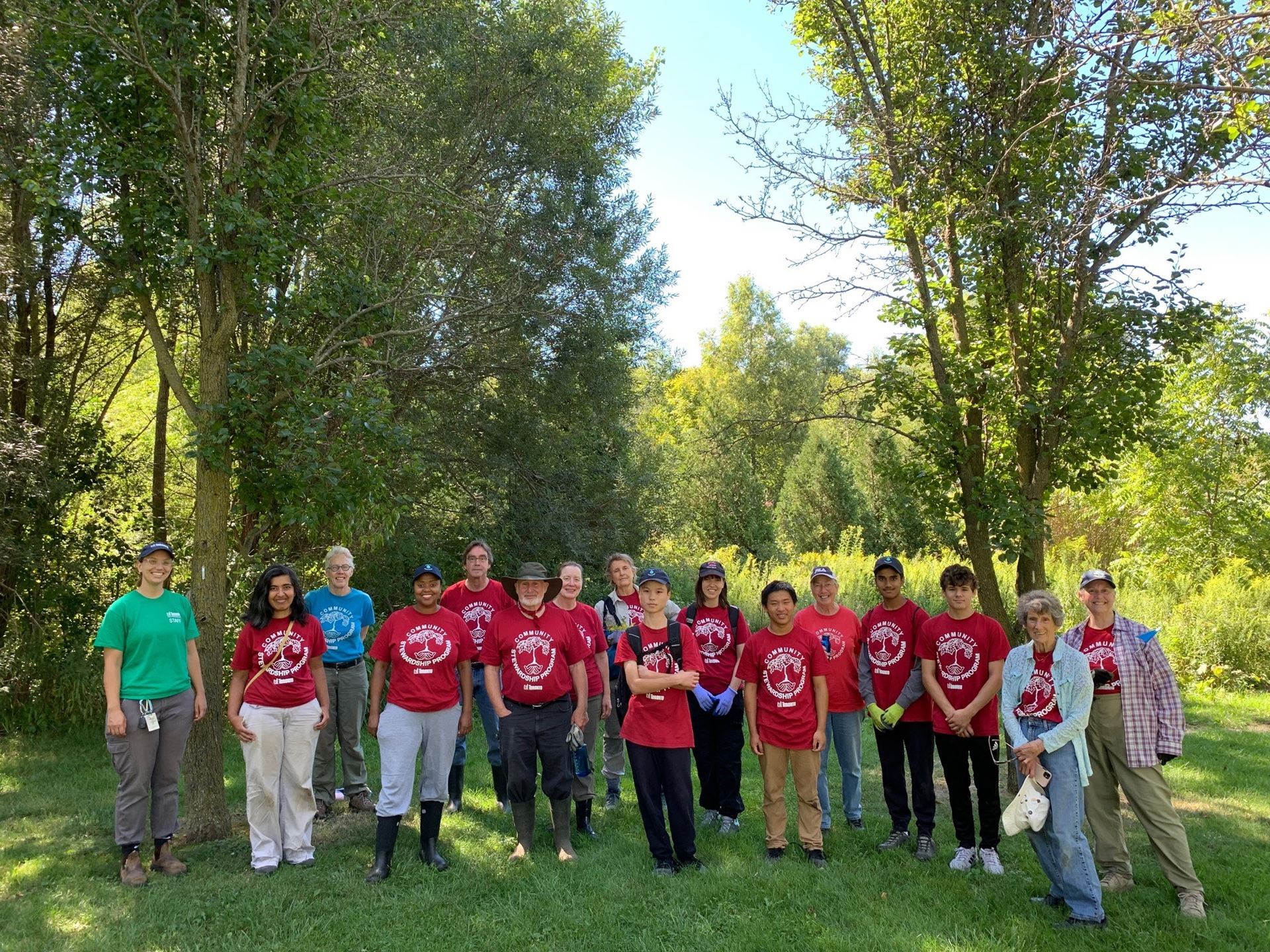
.jpg)
